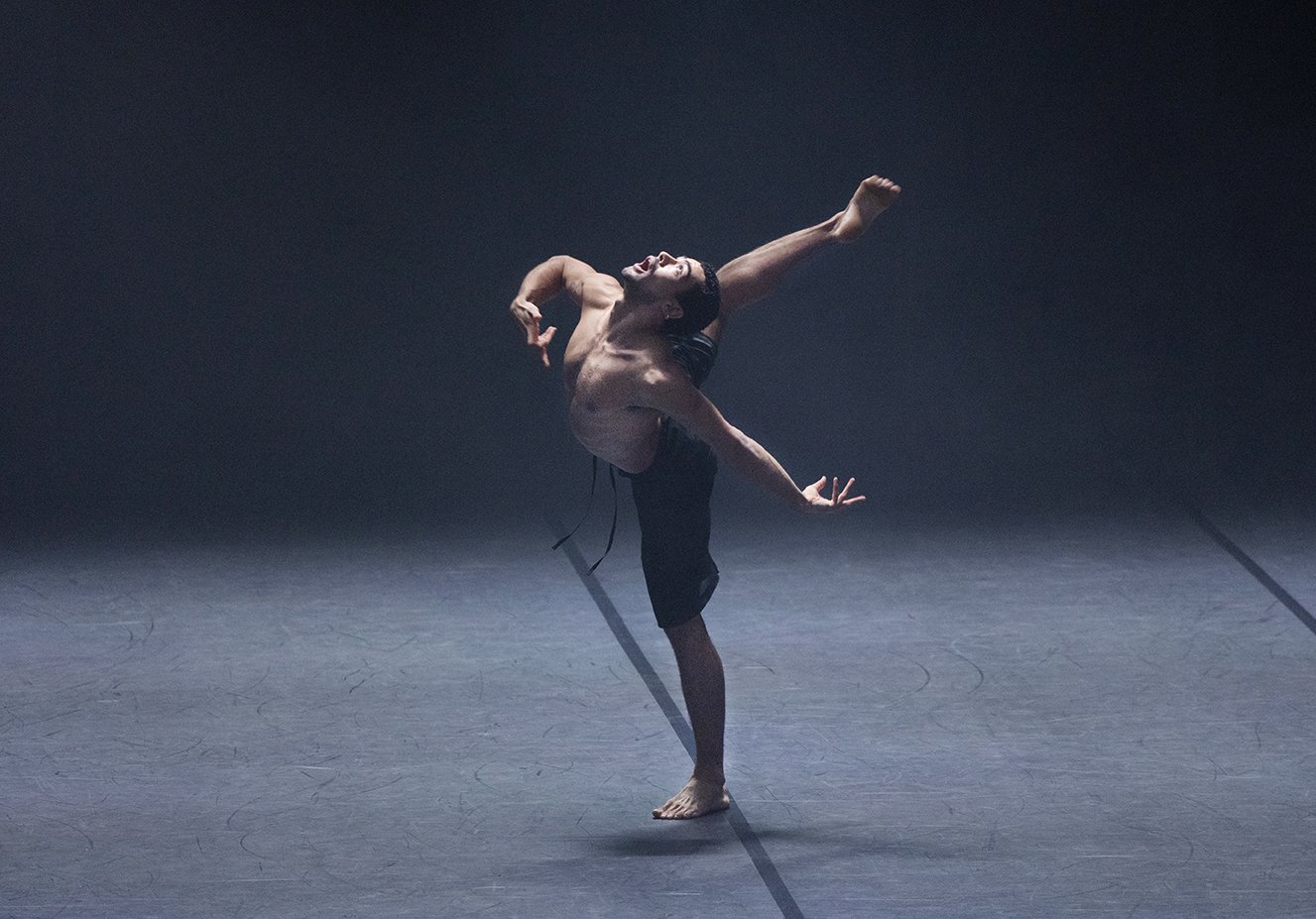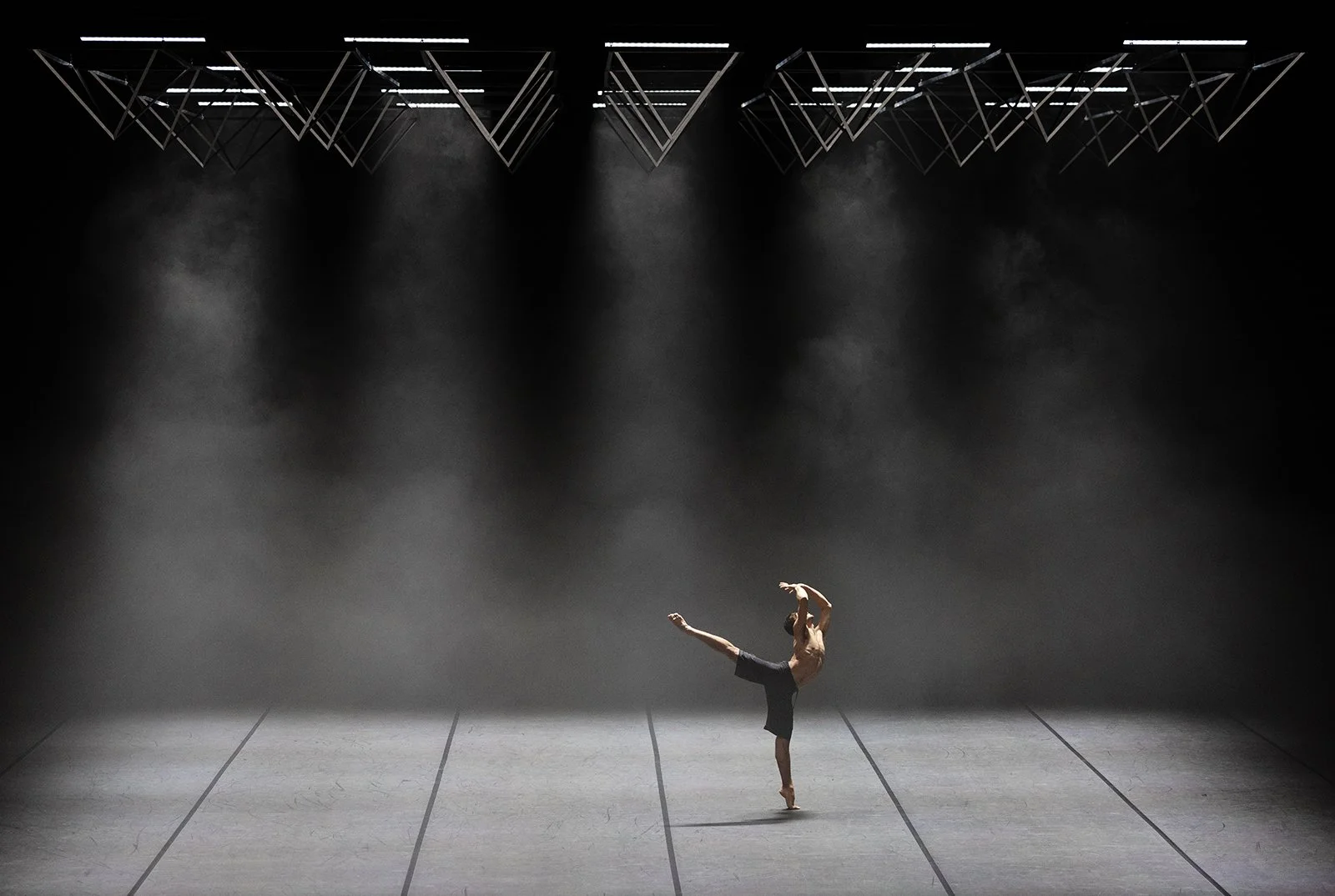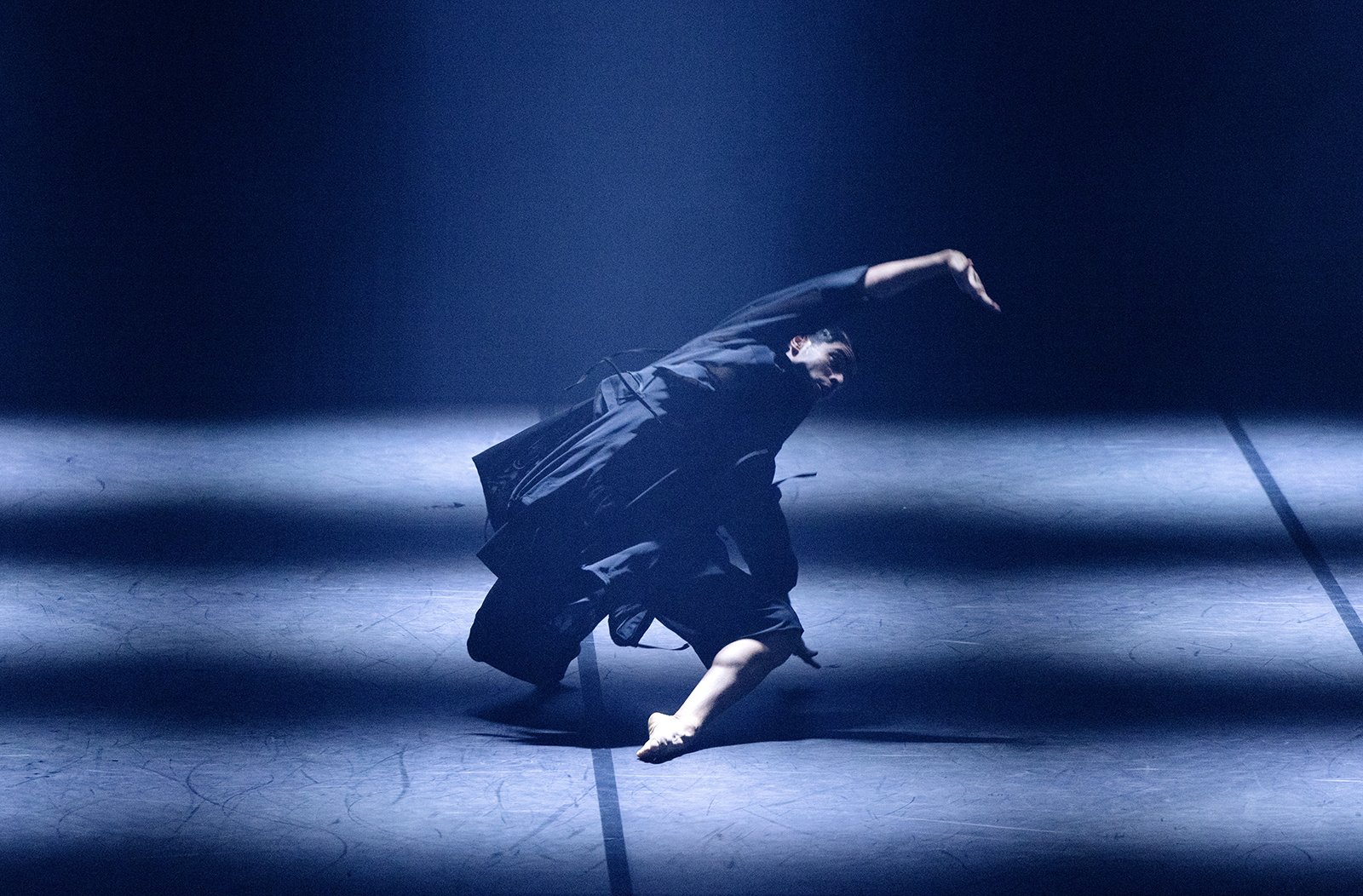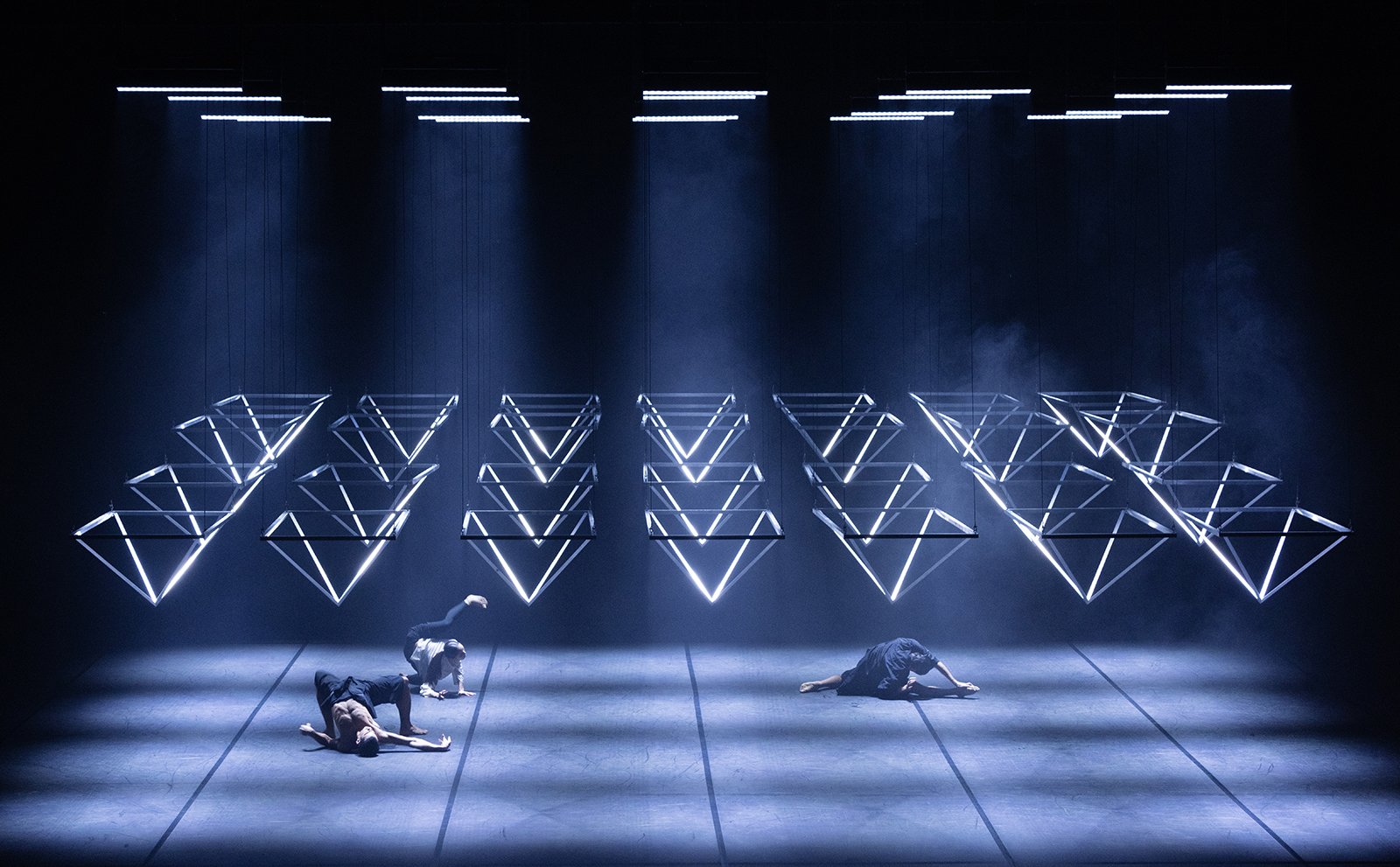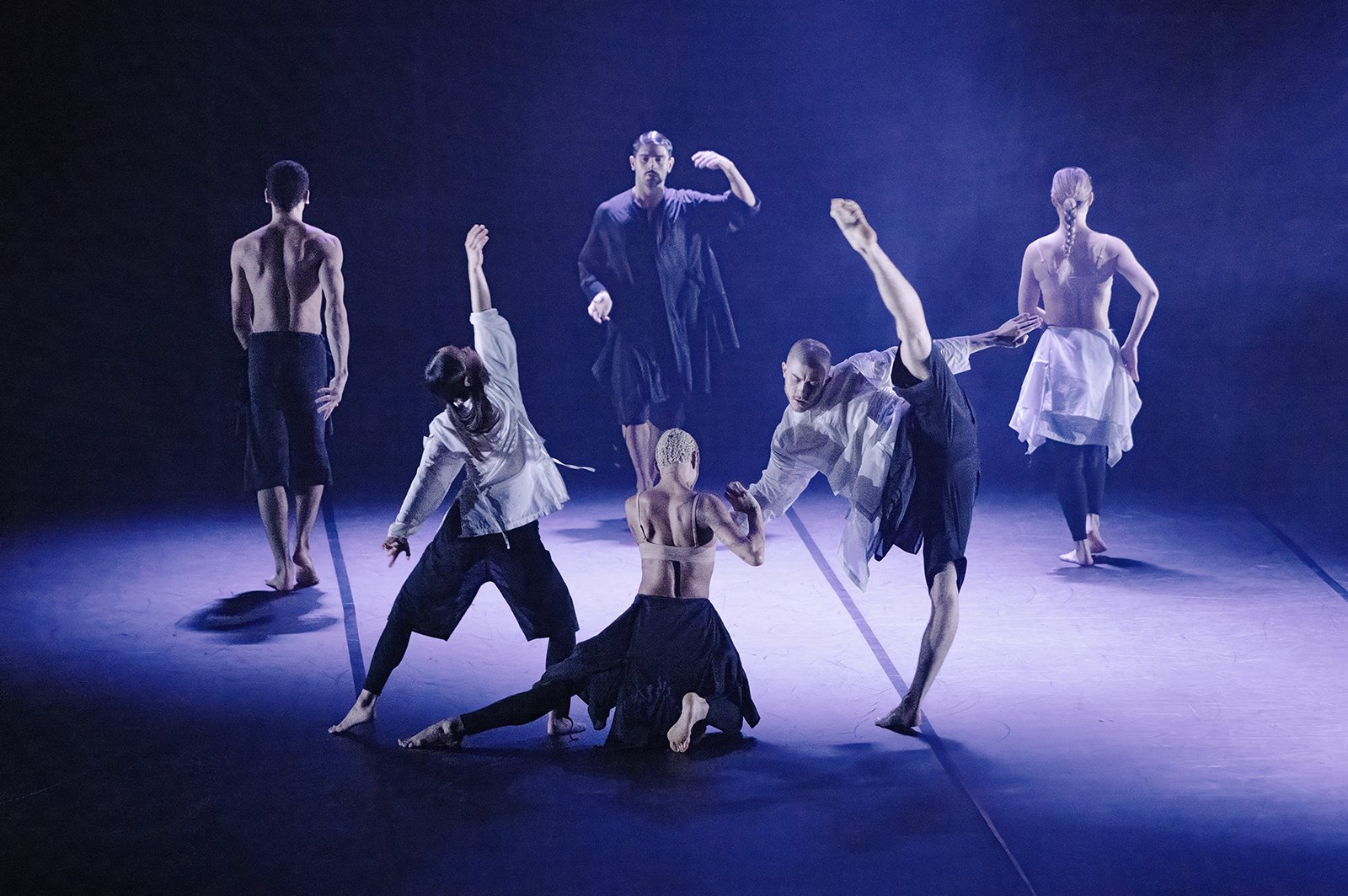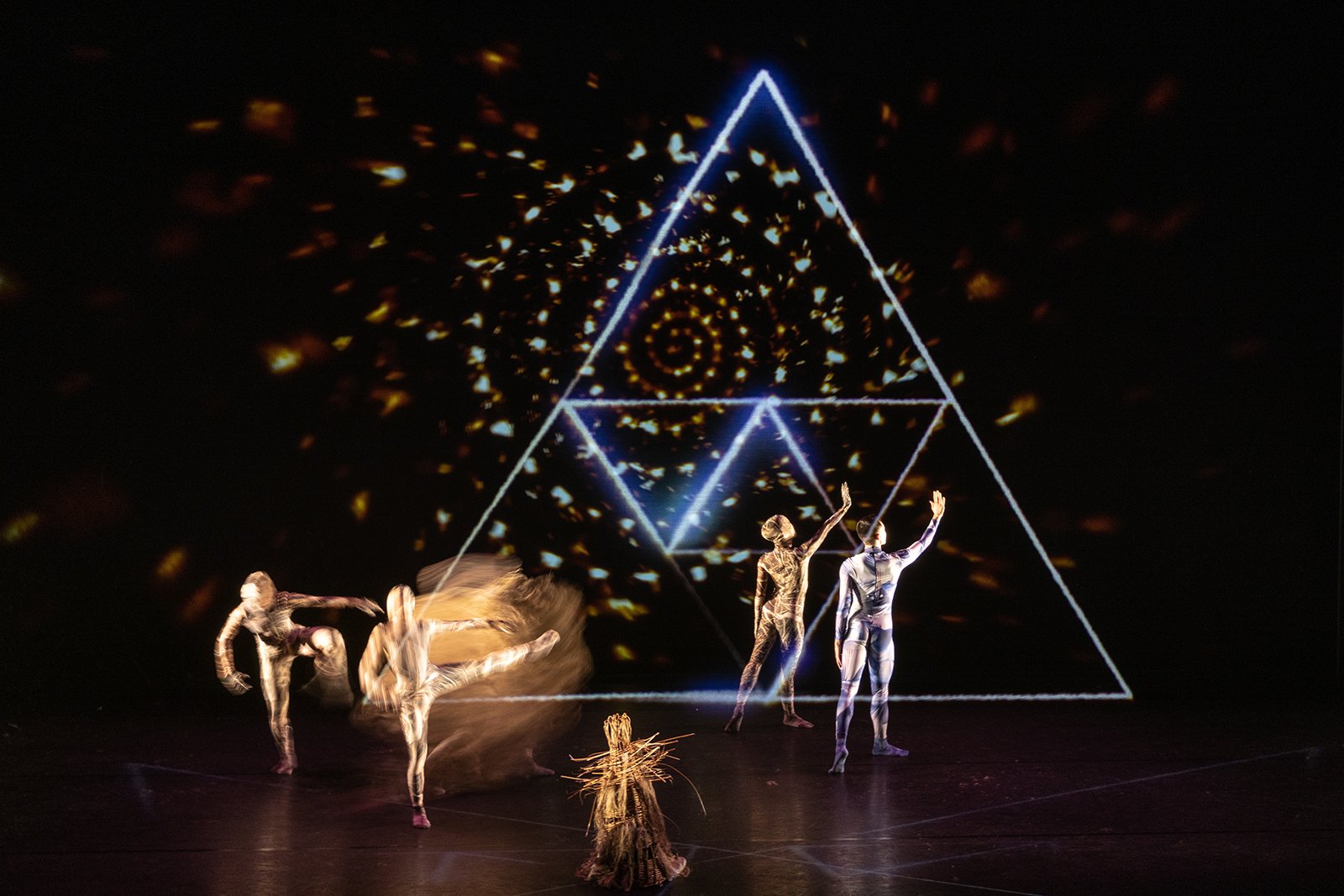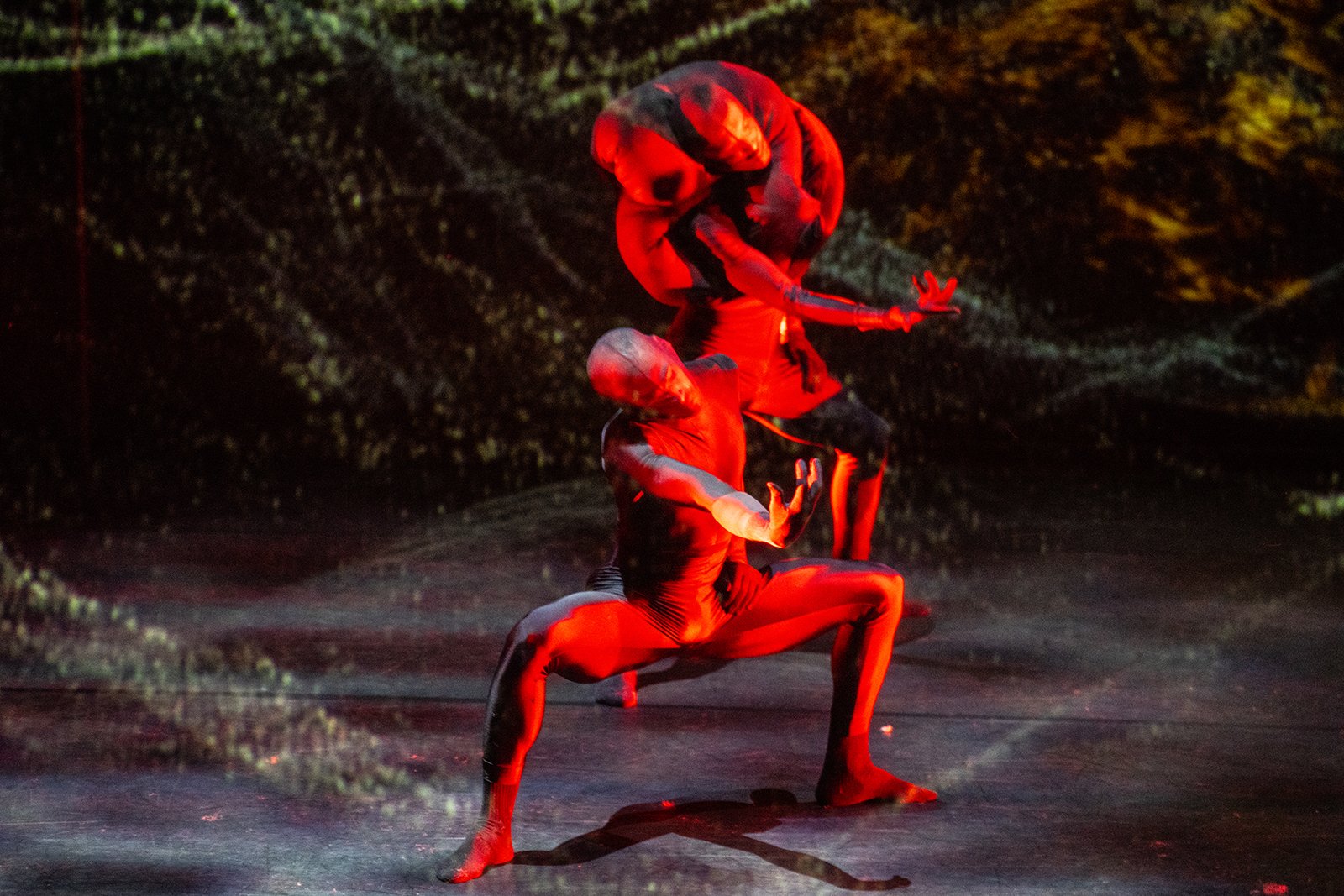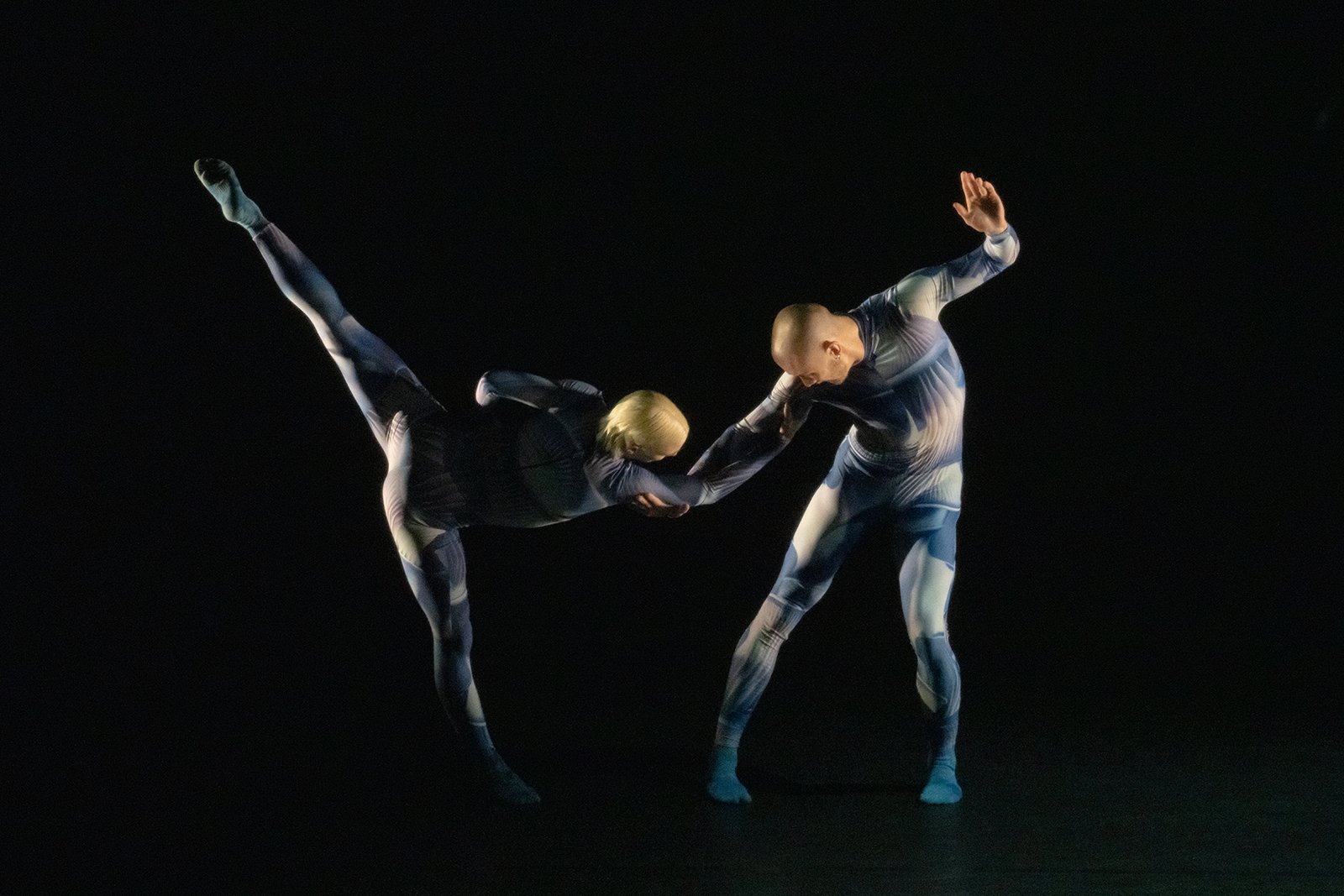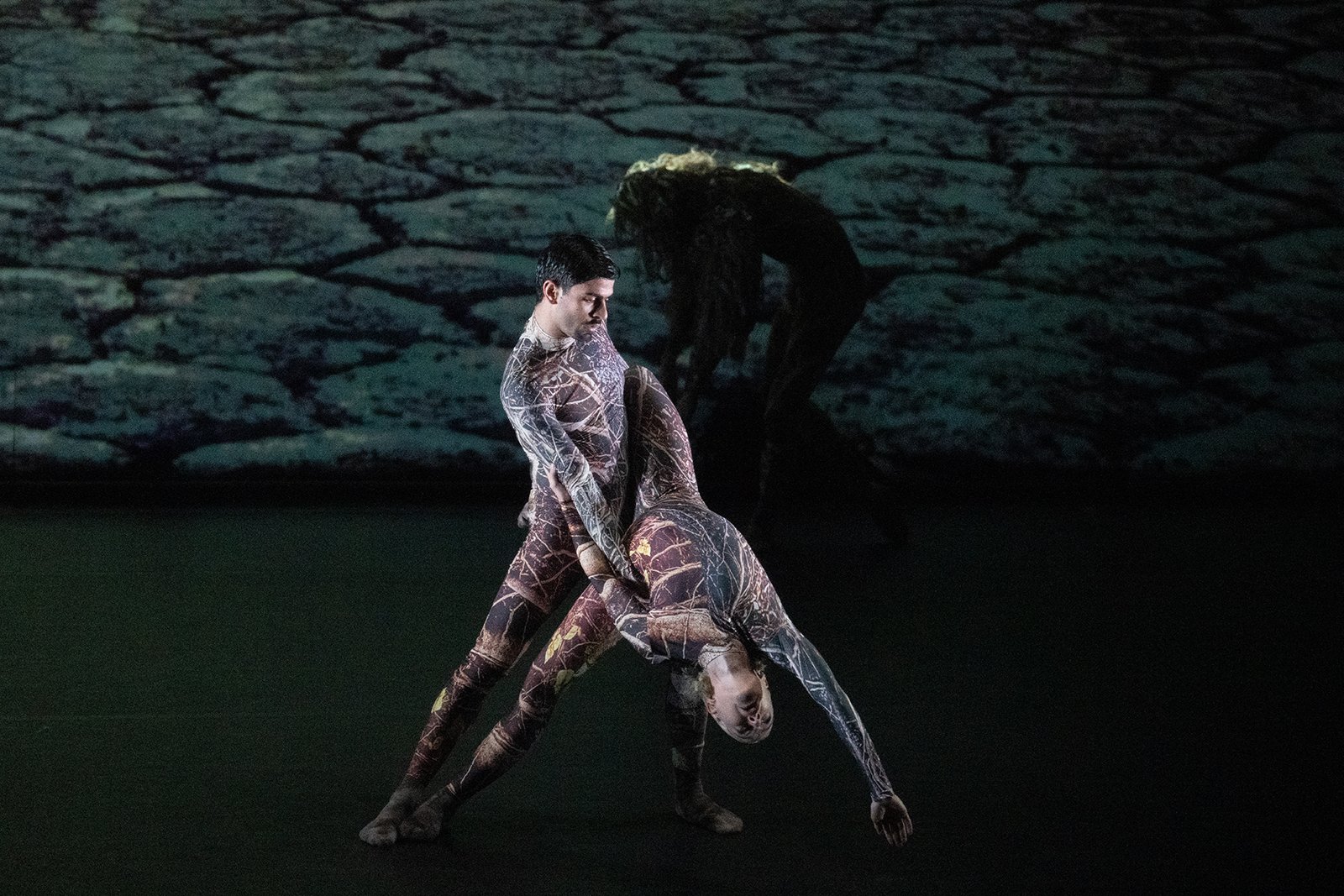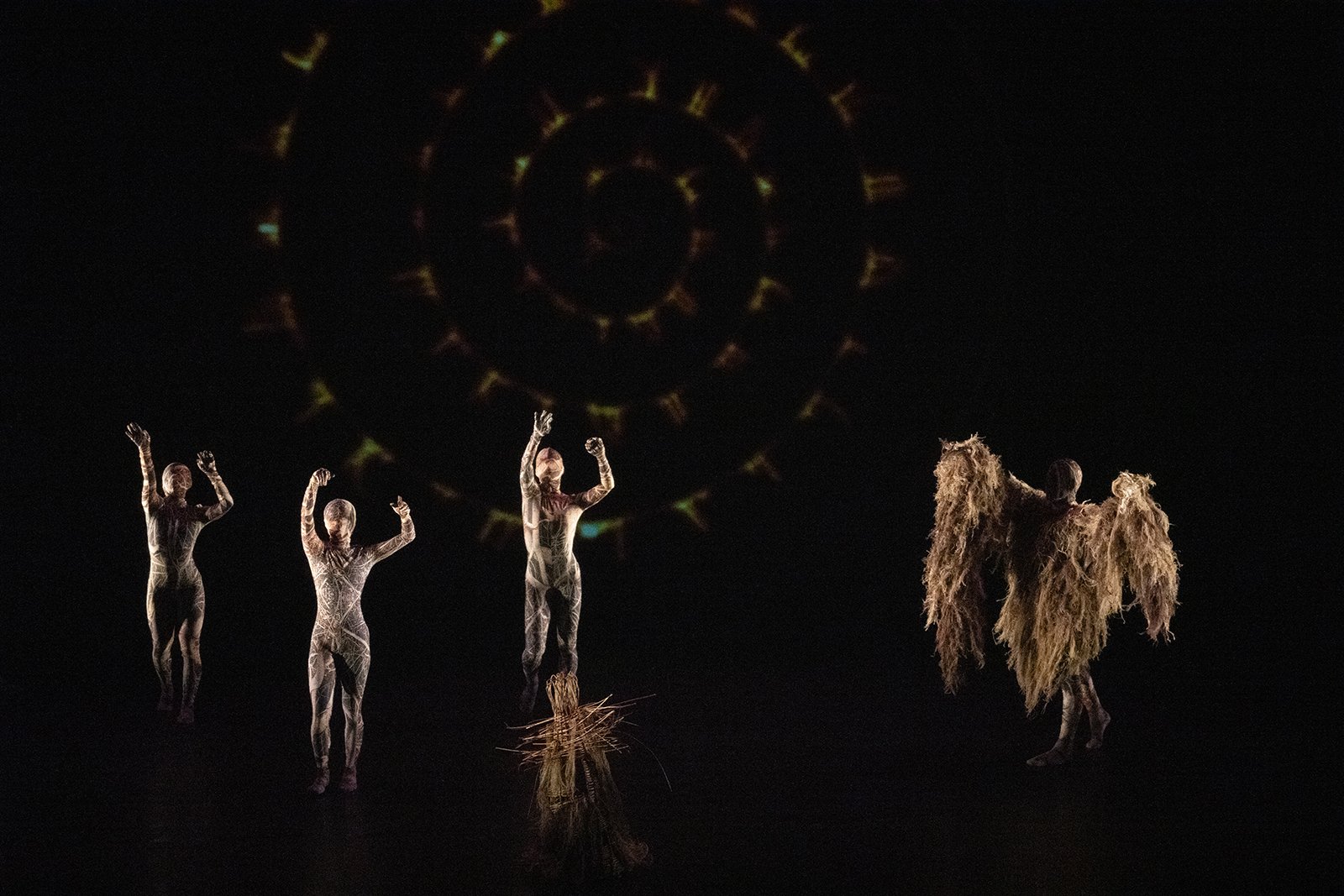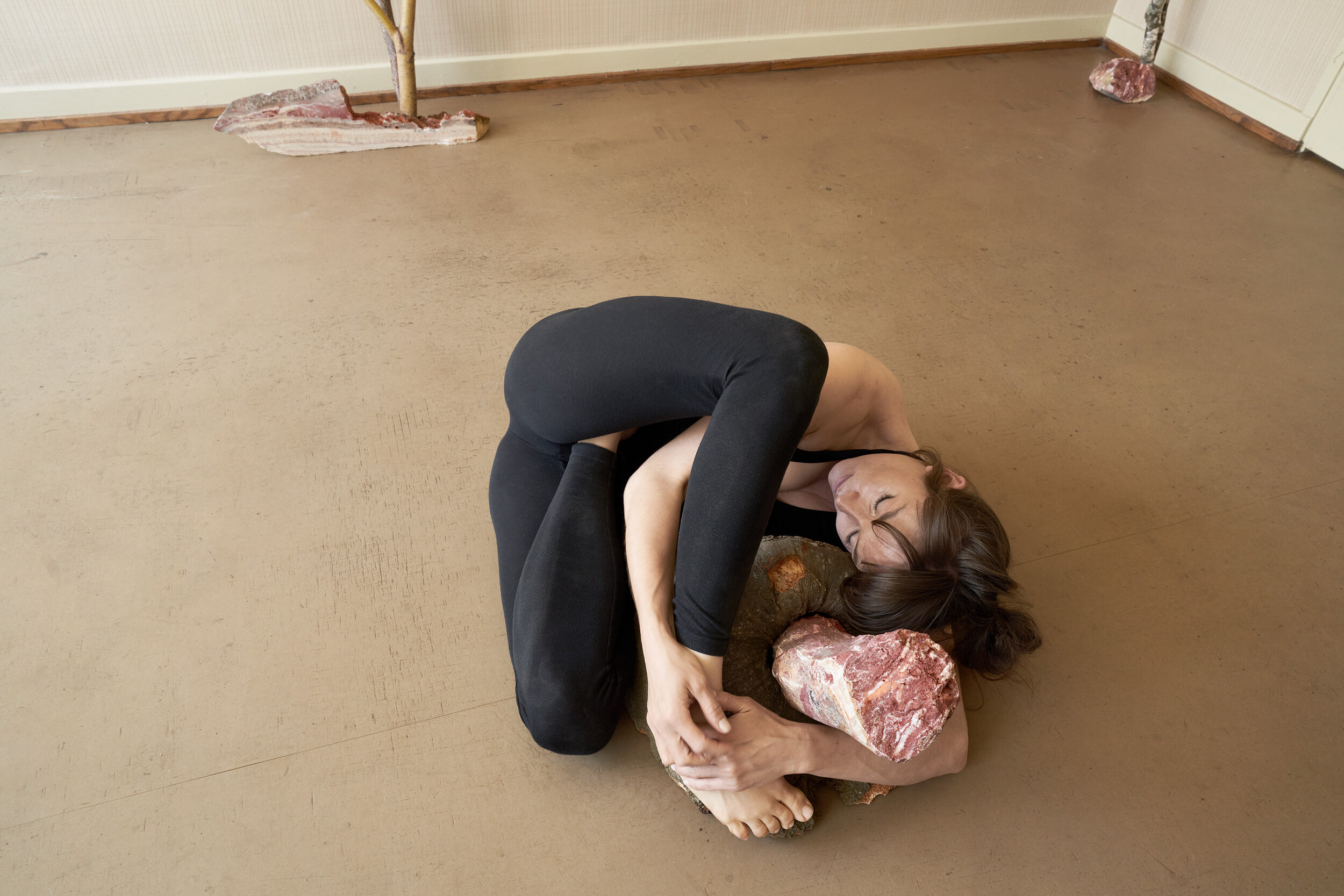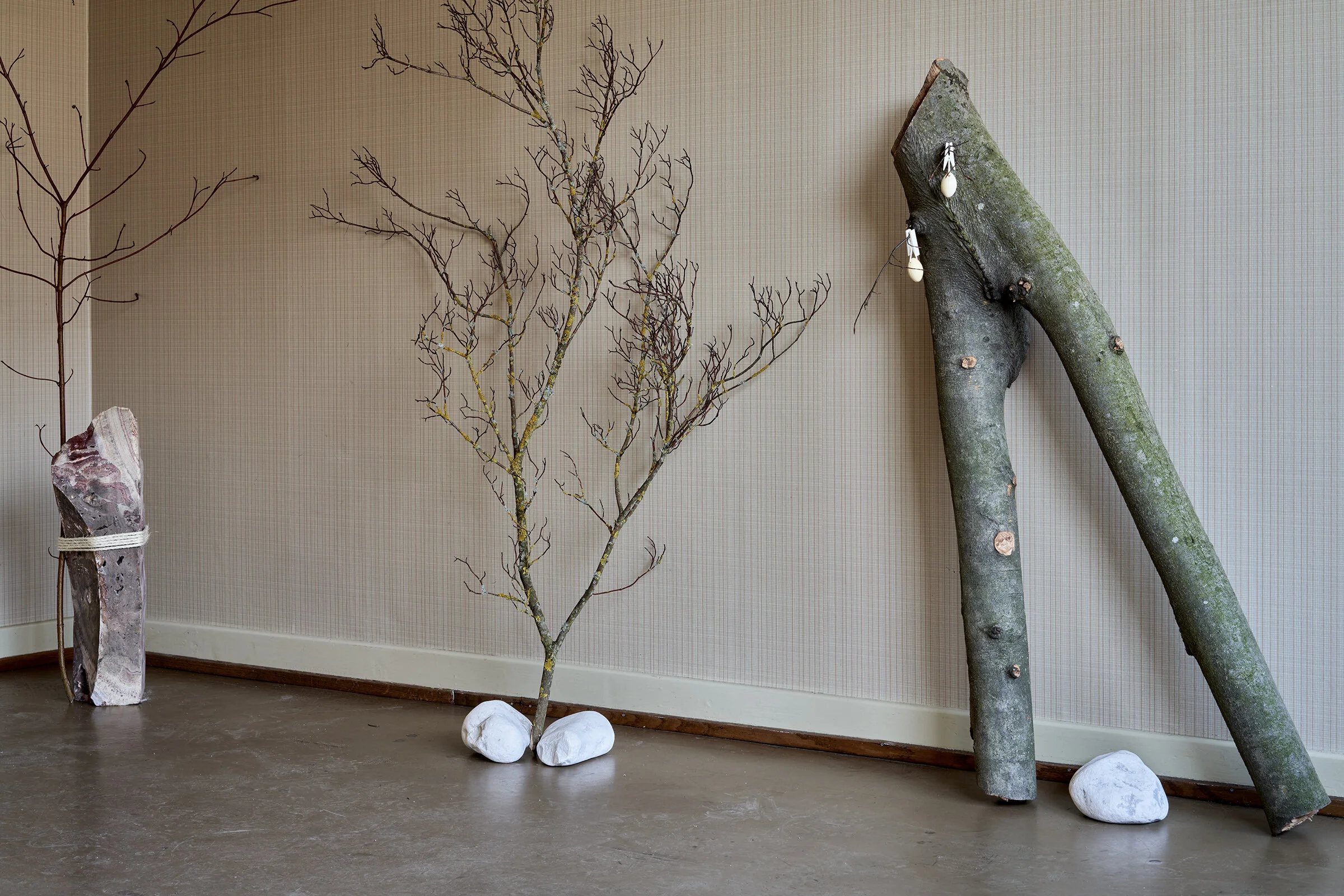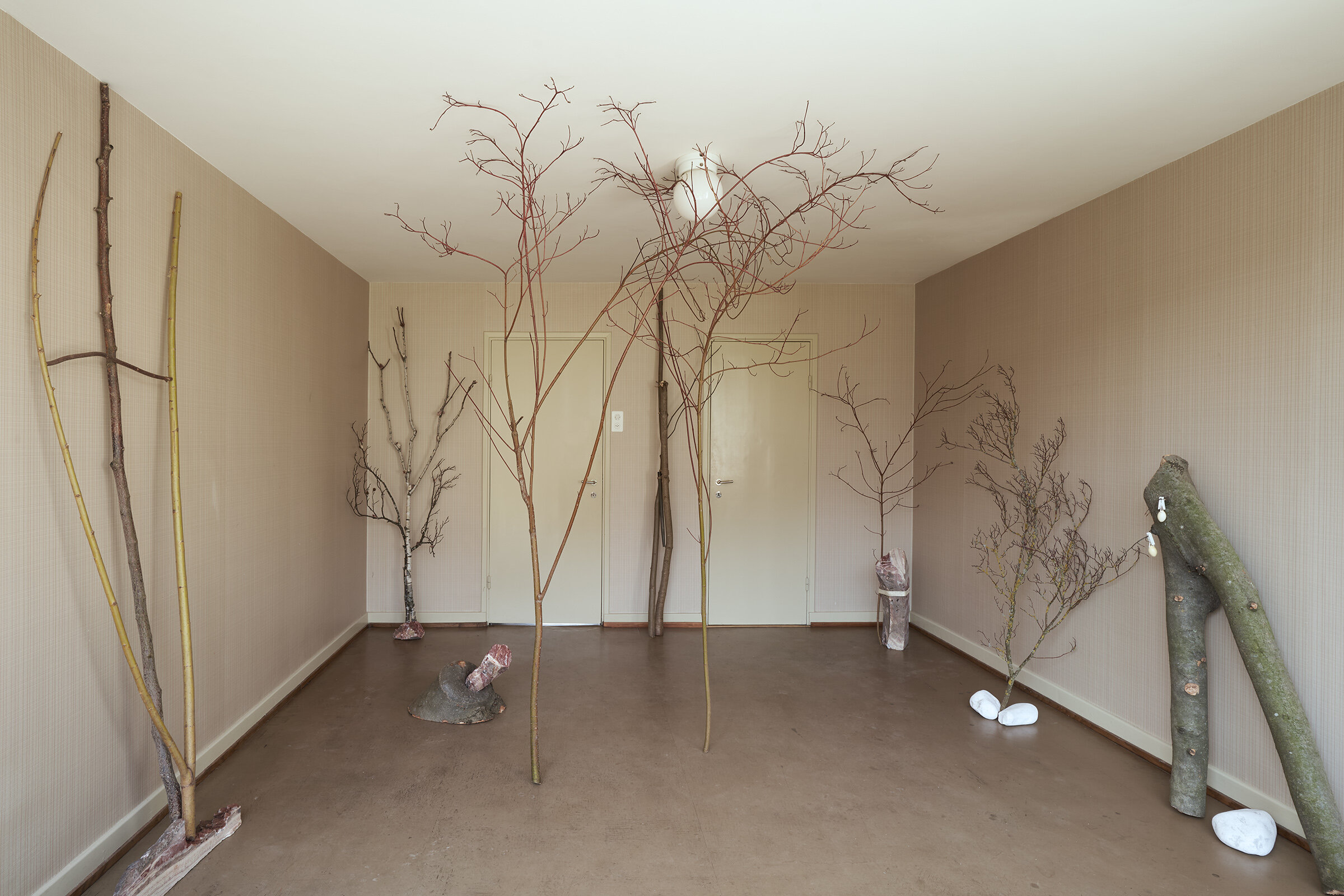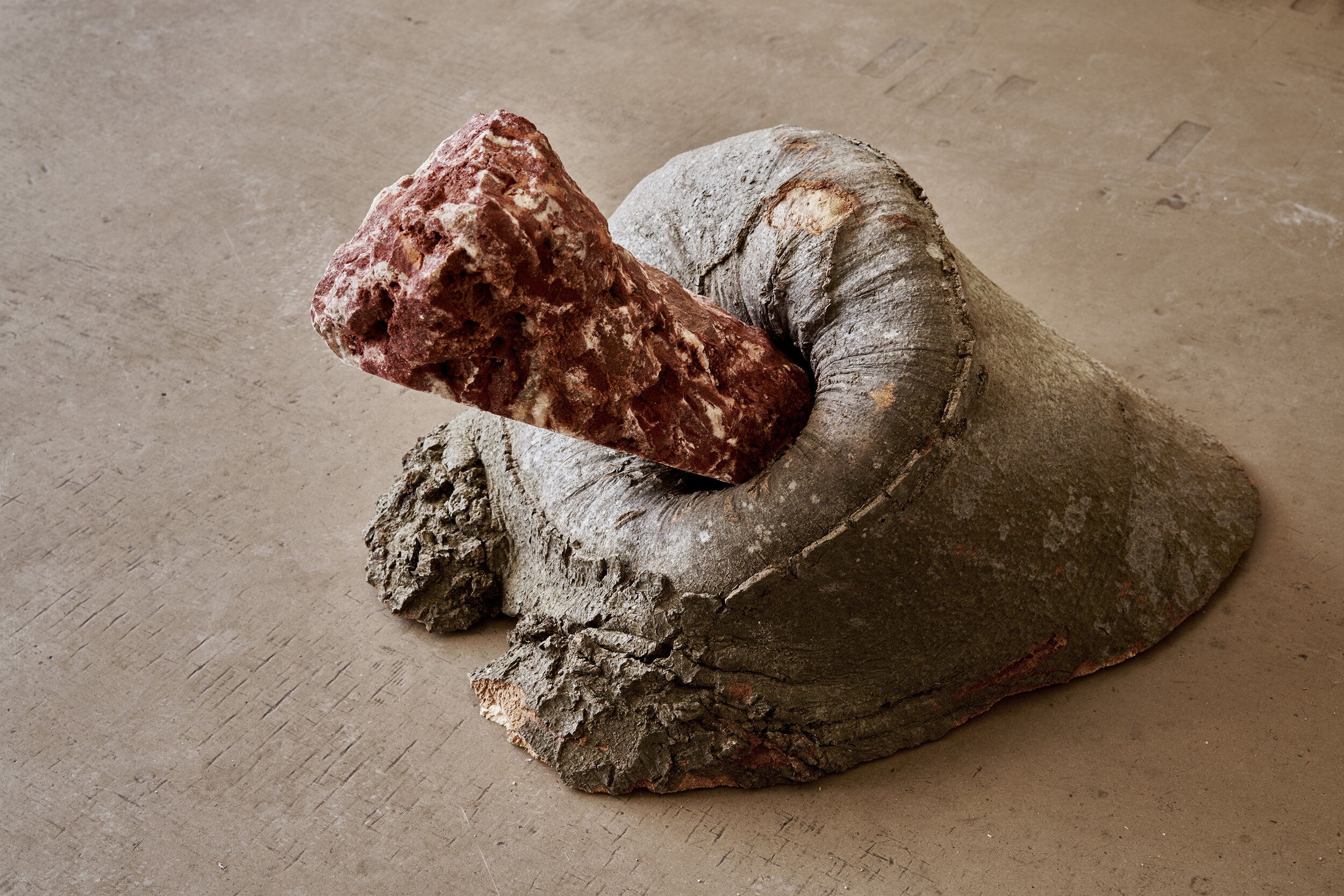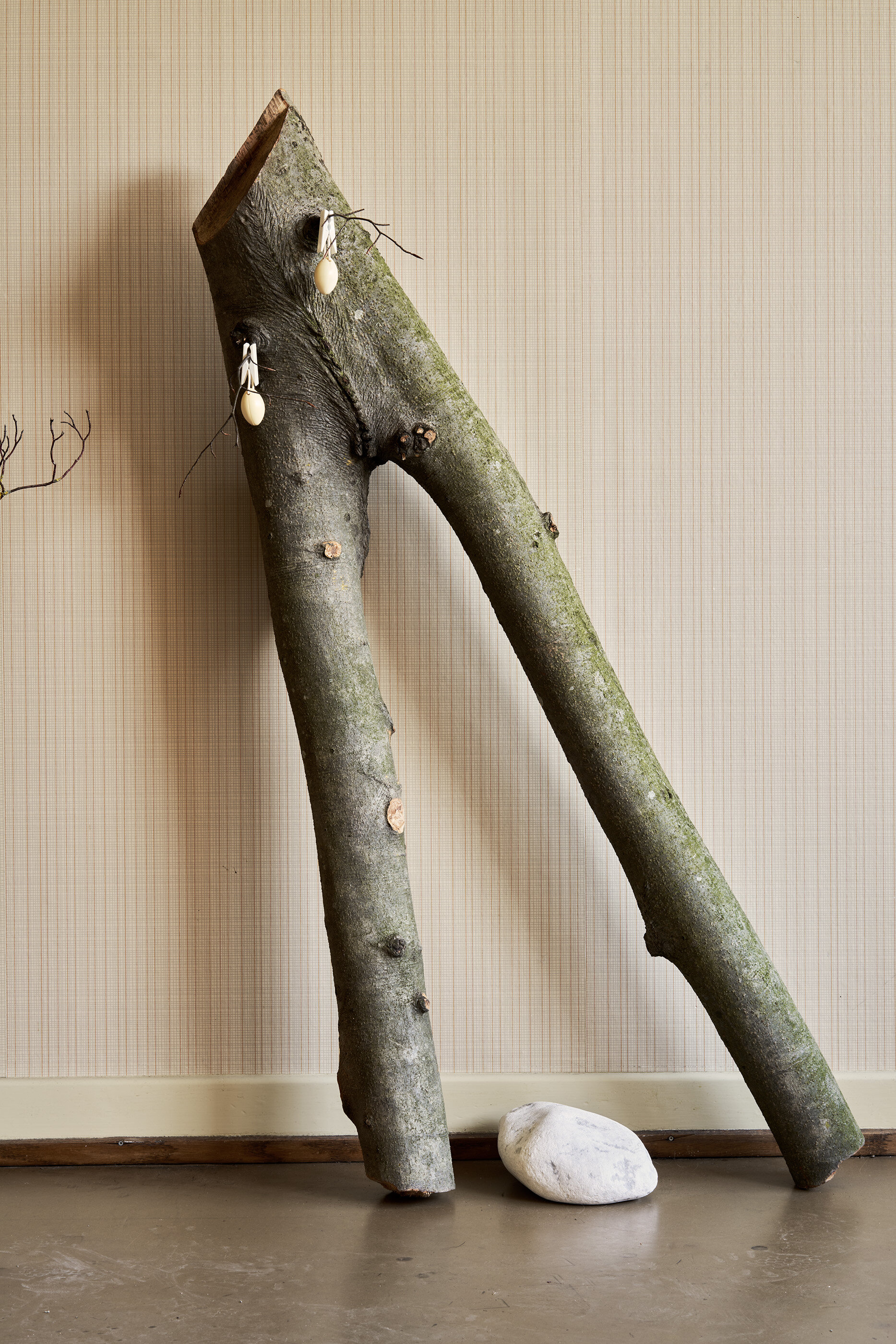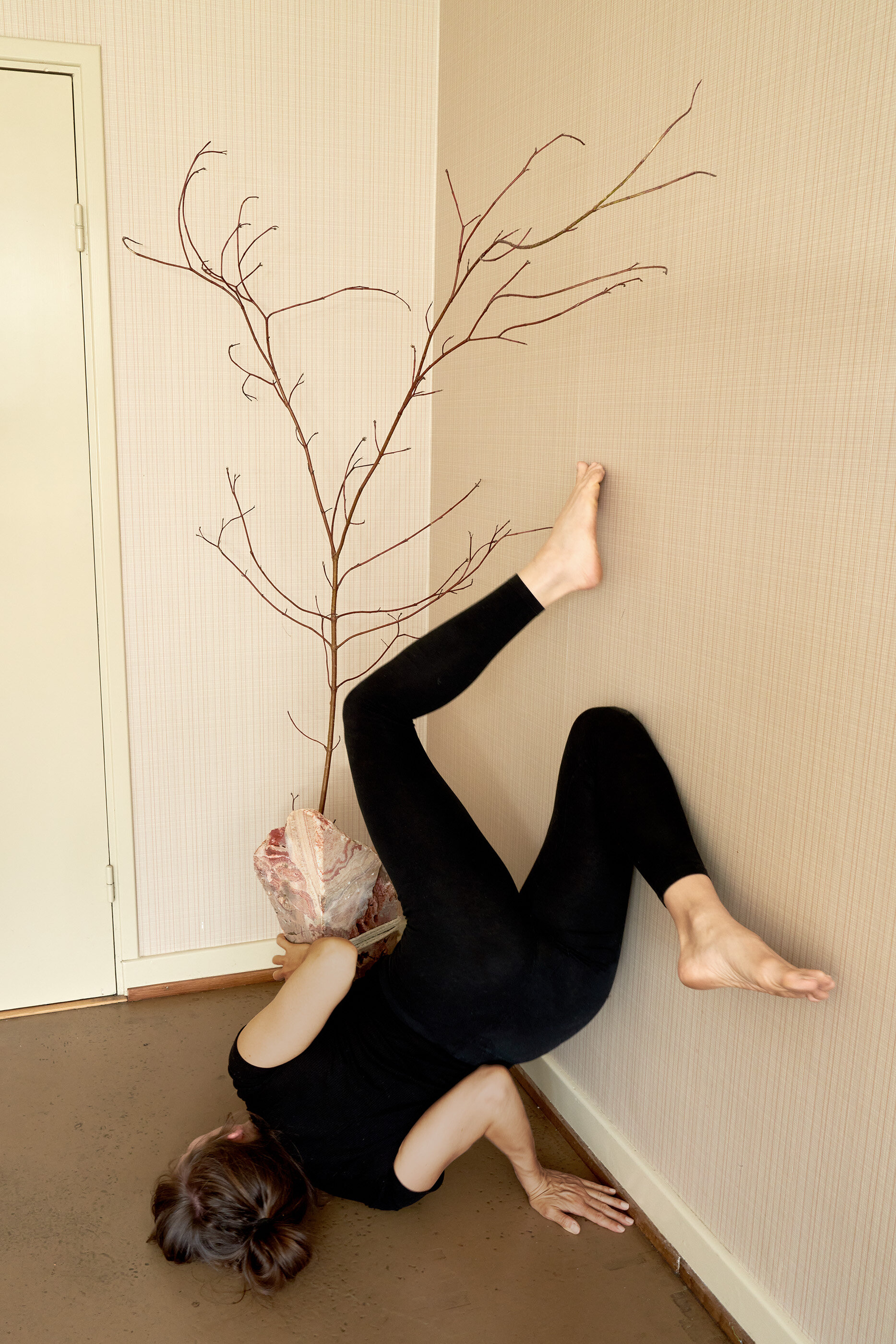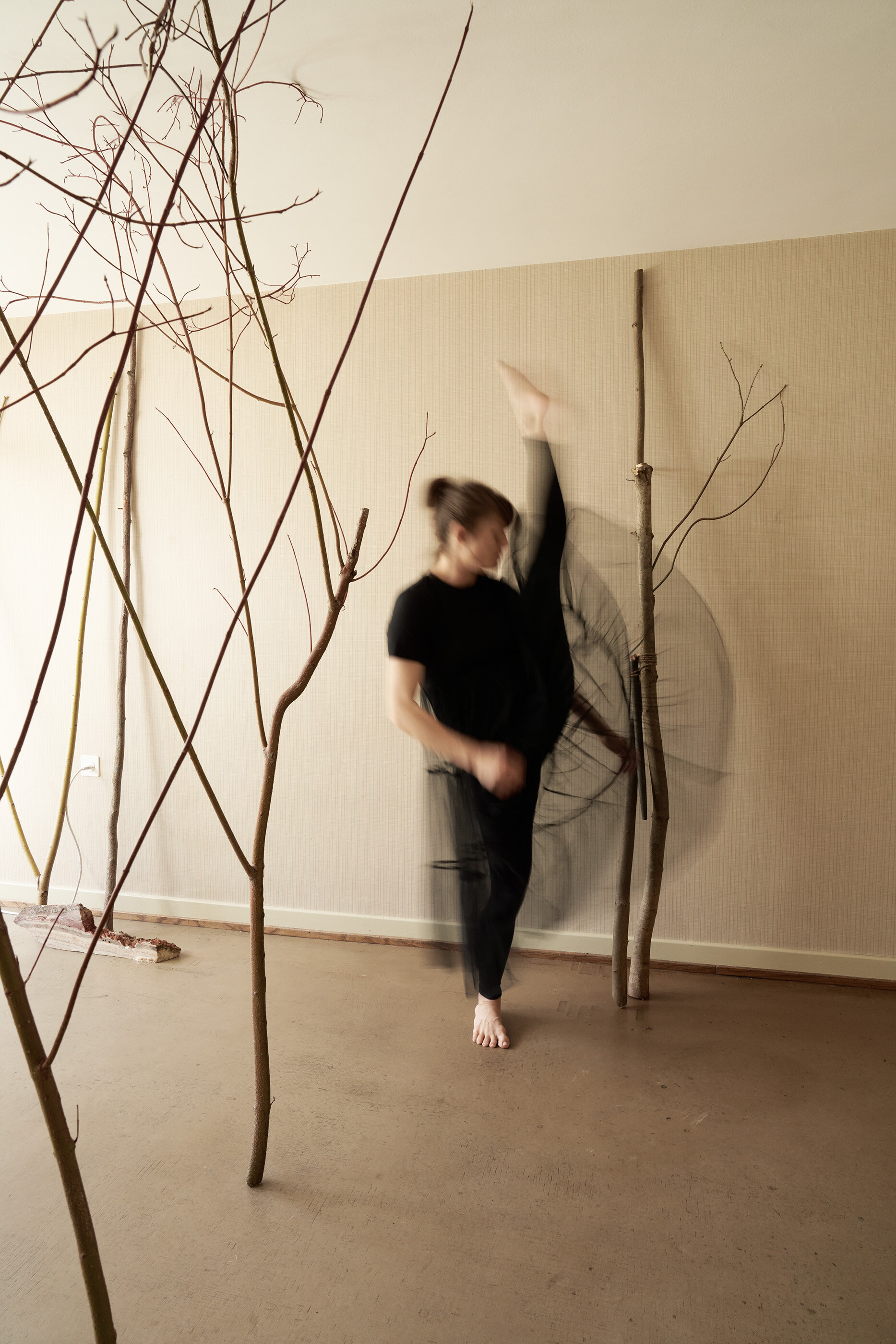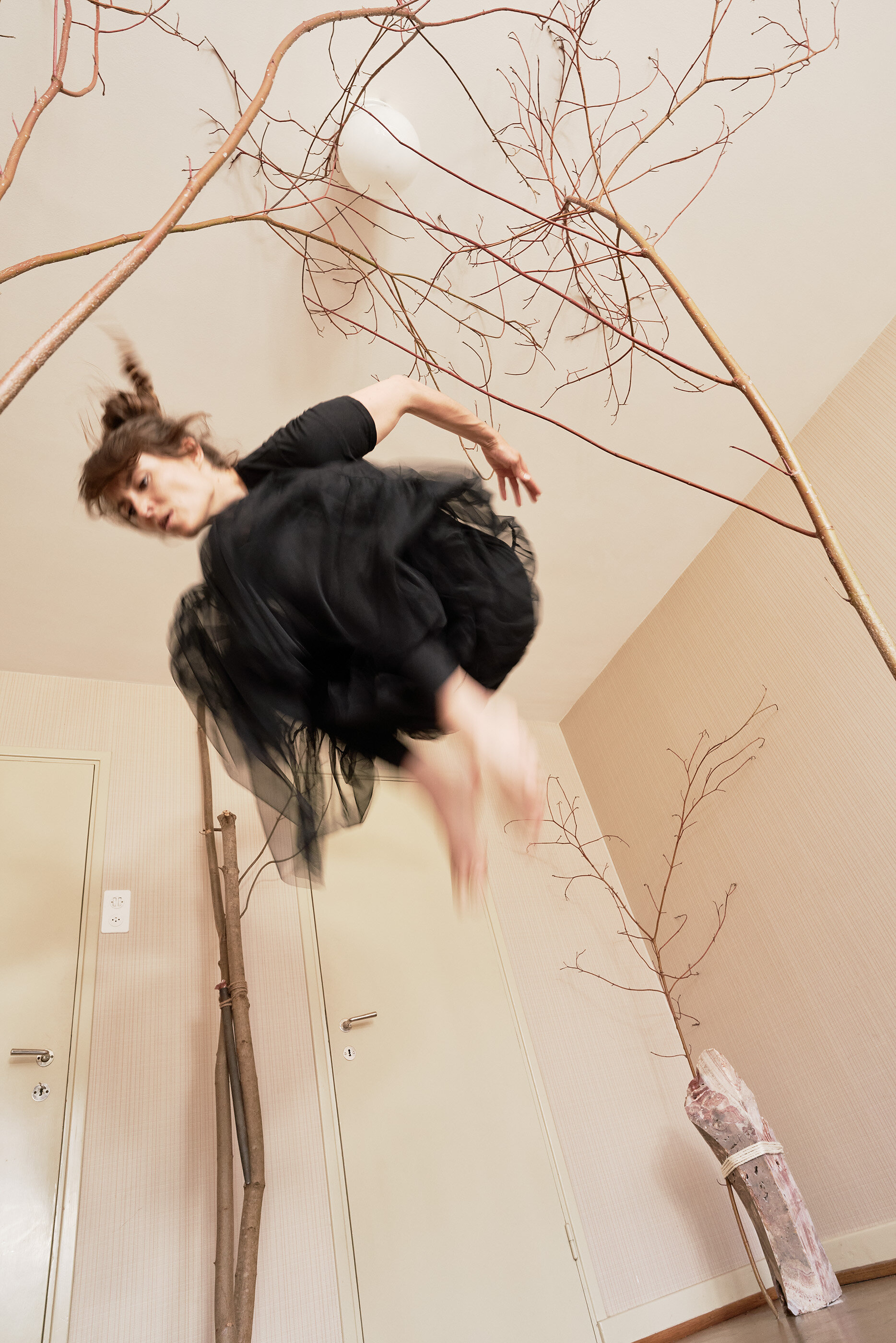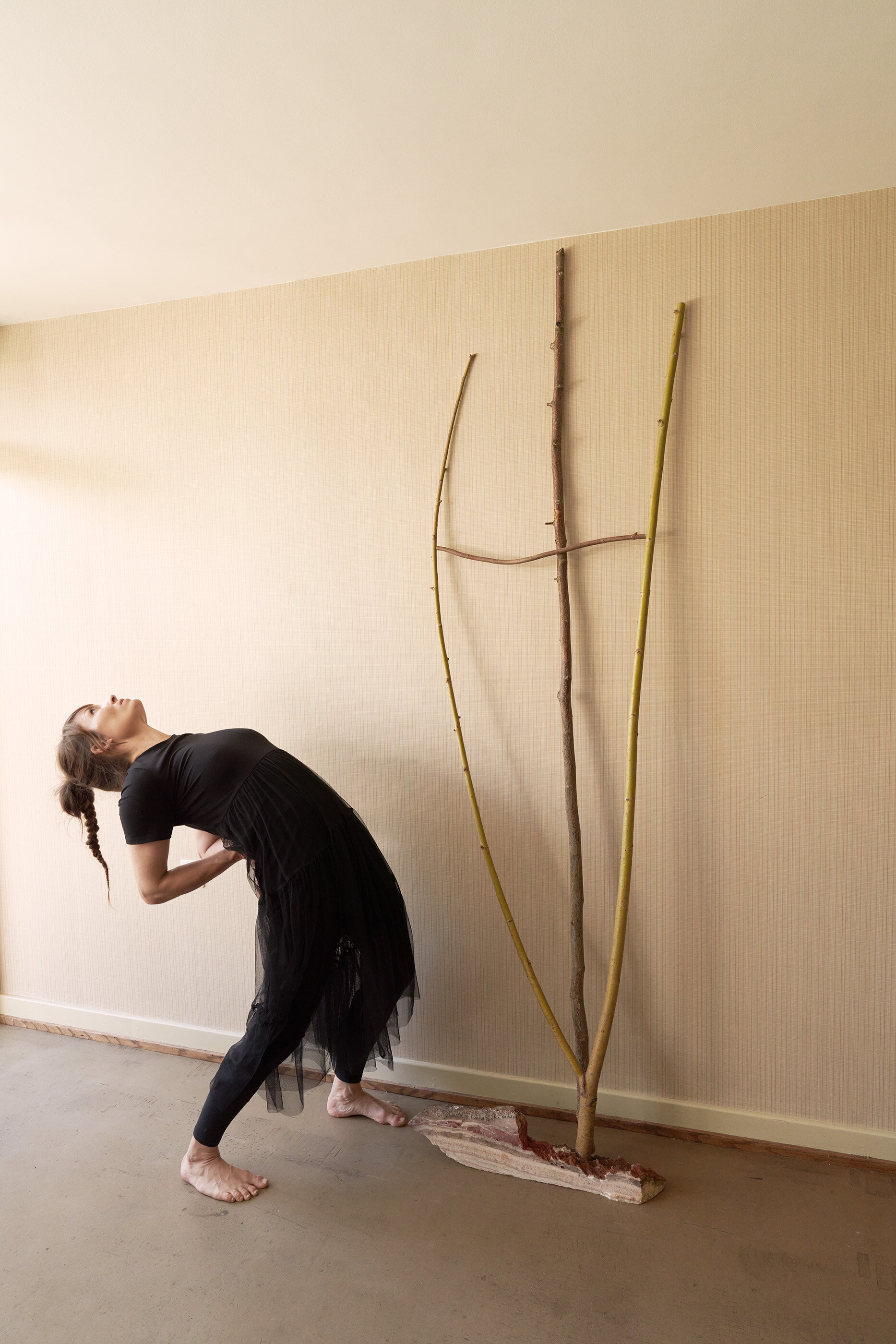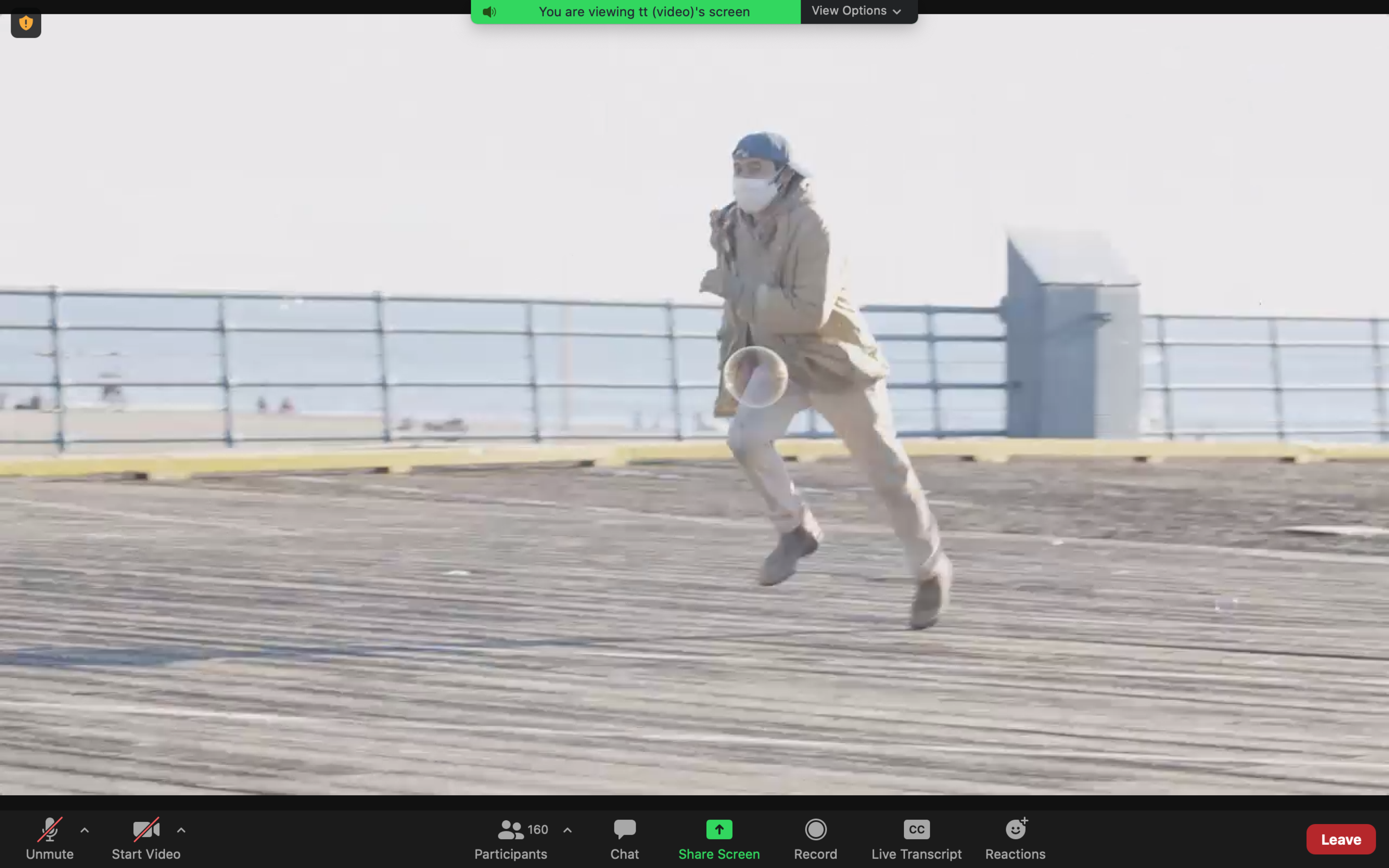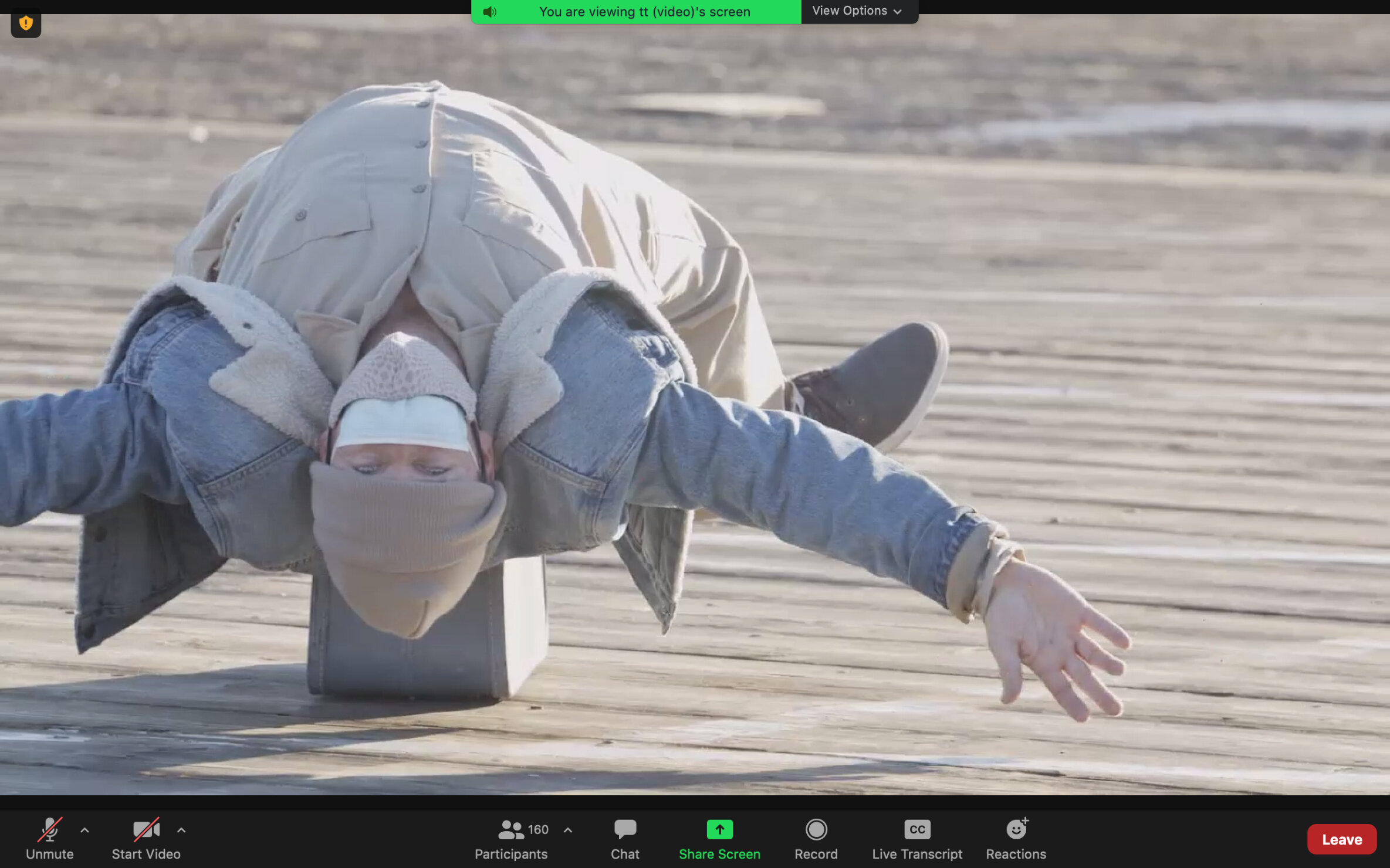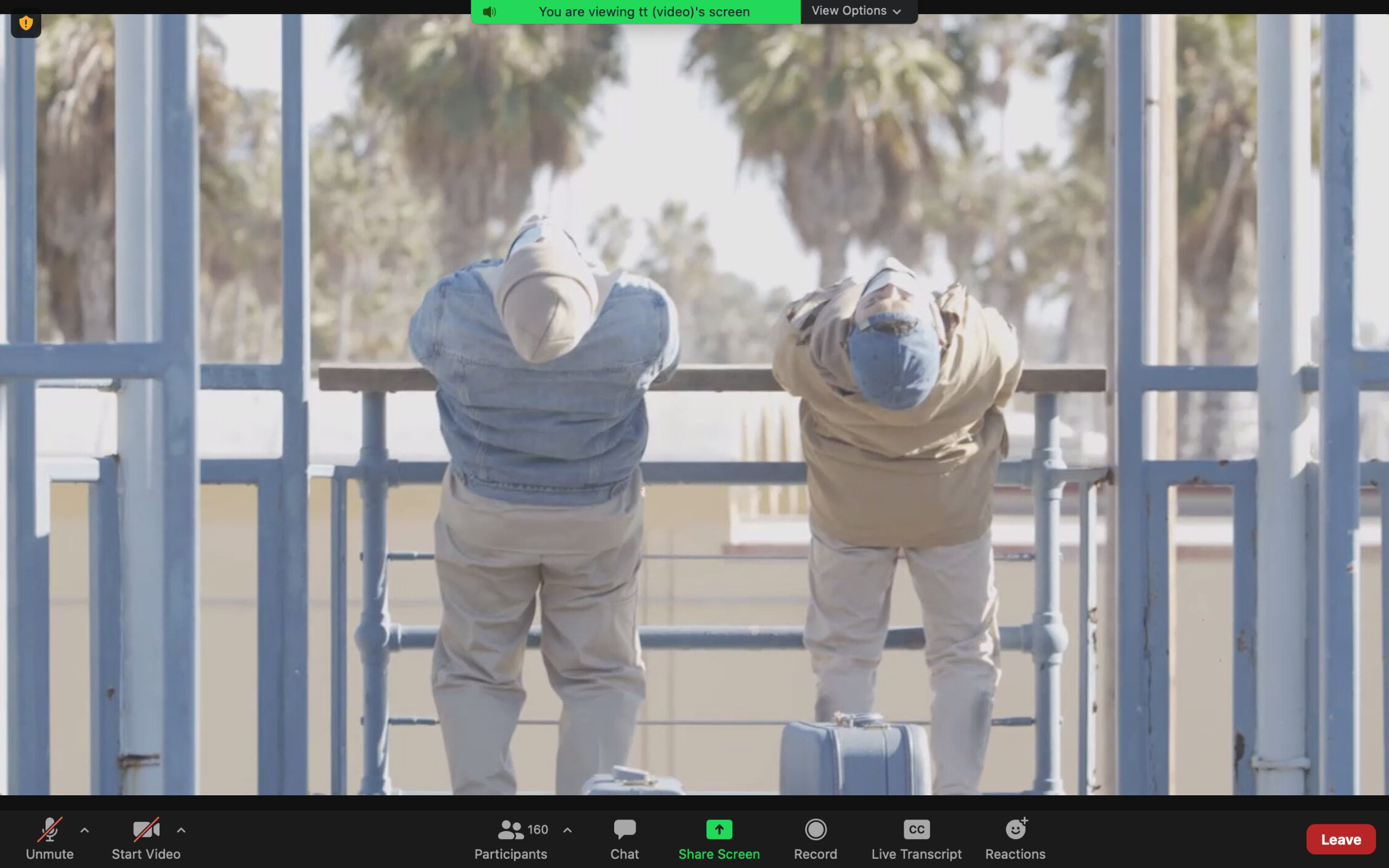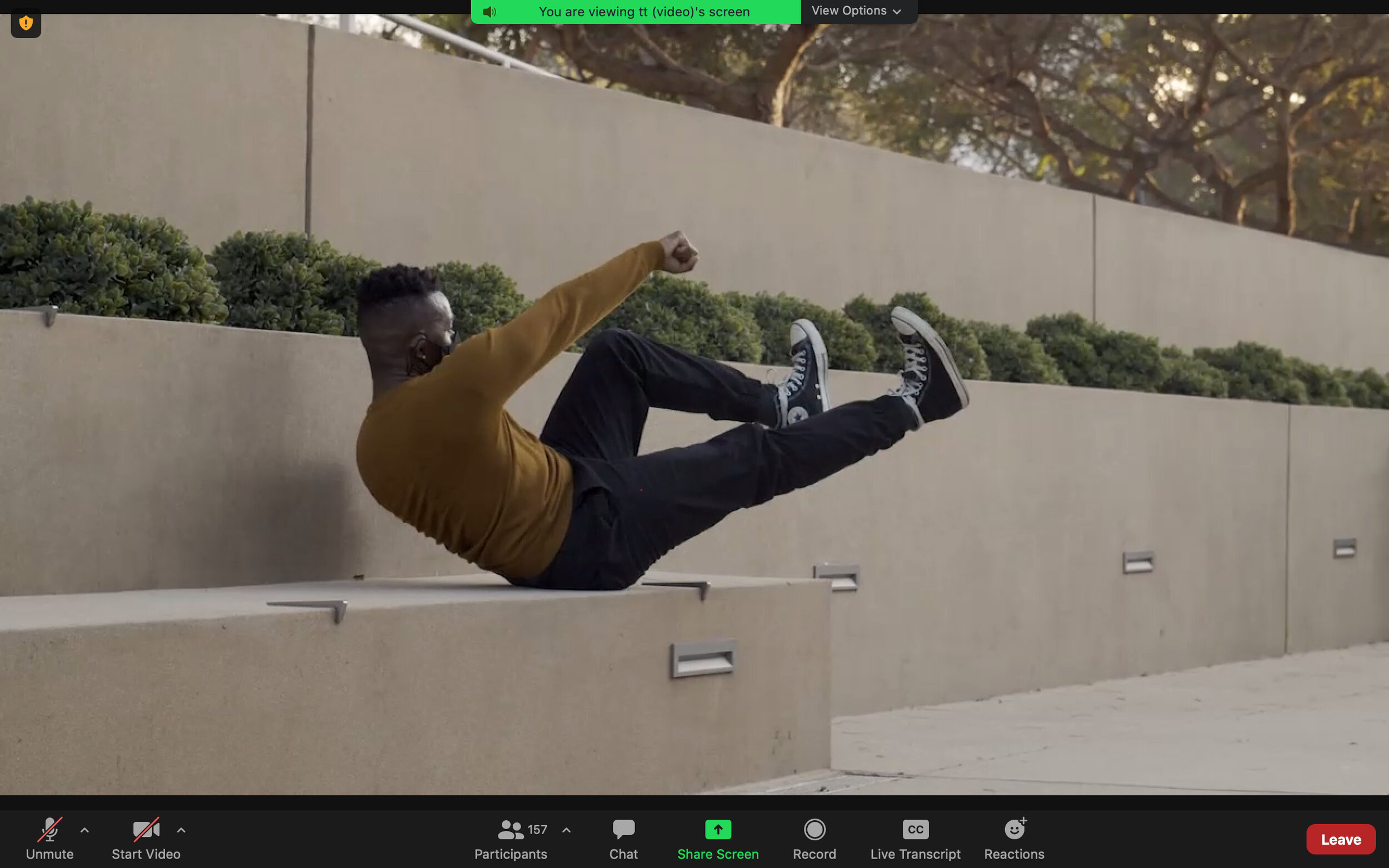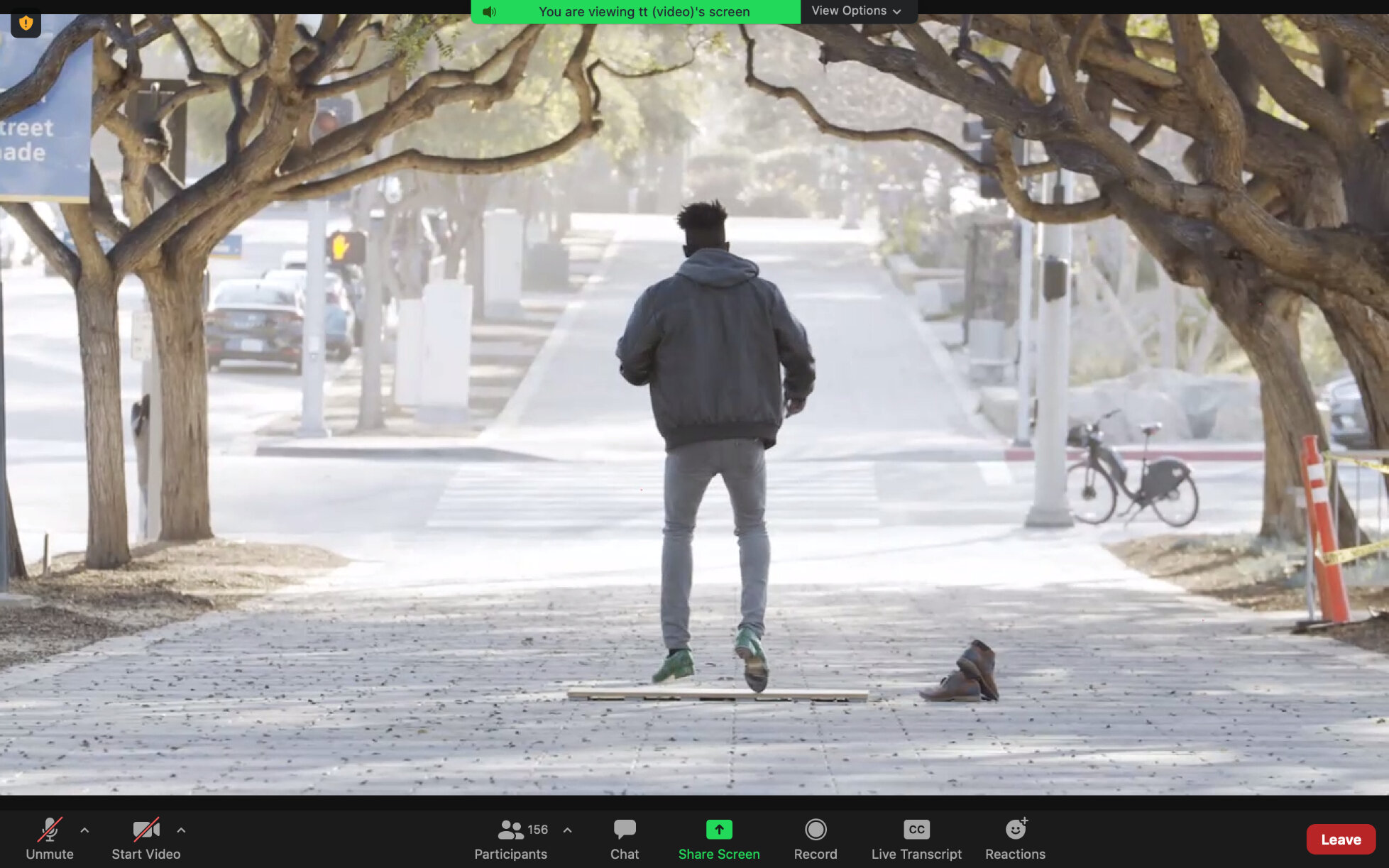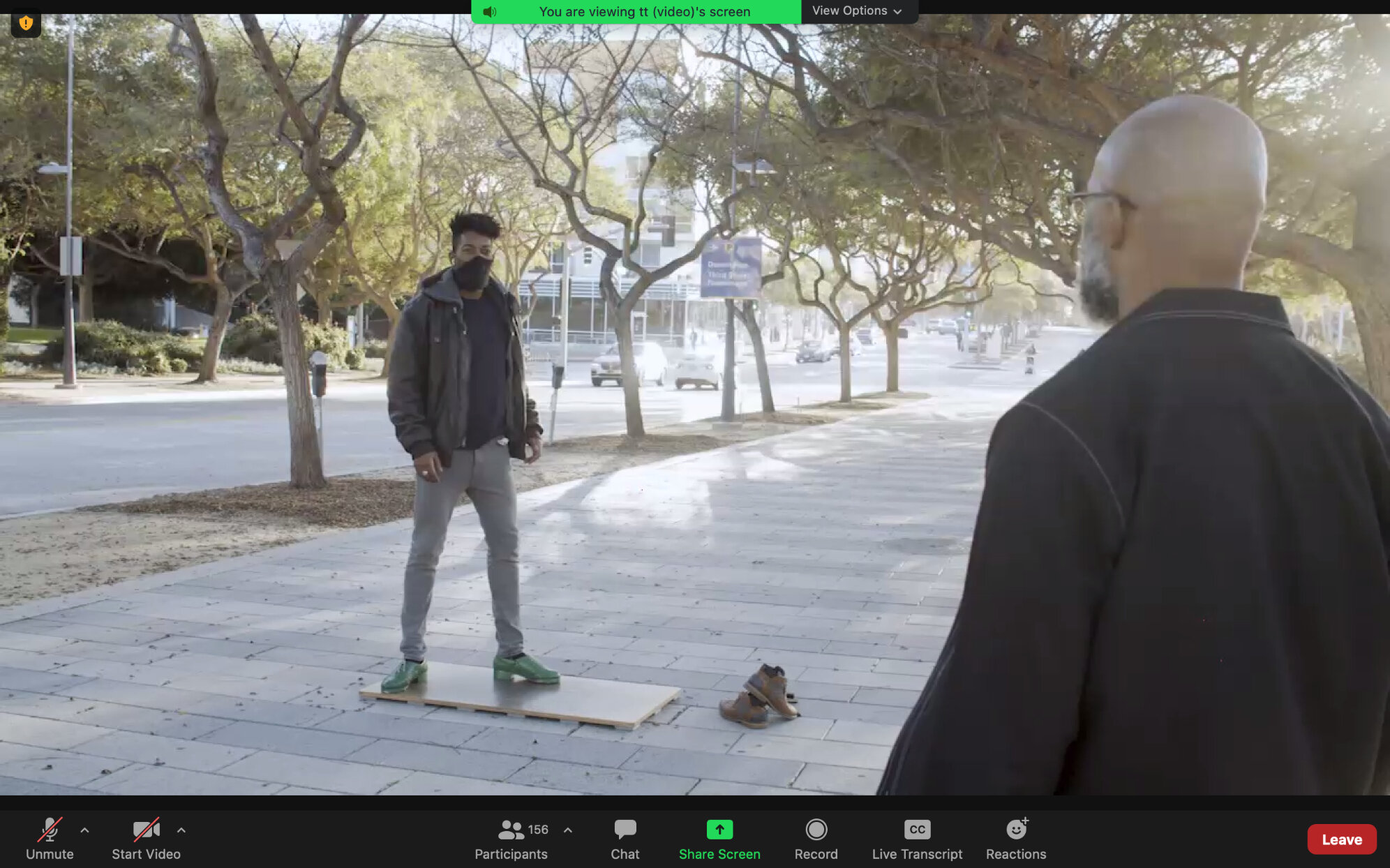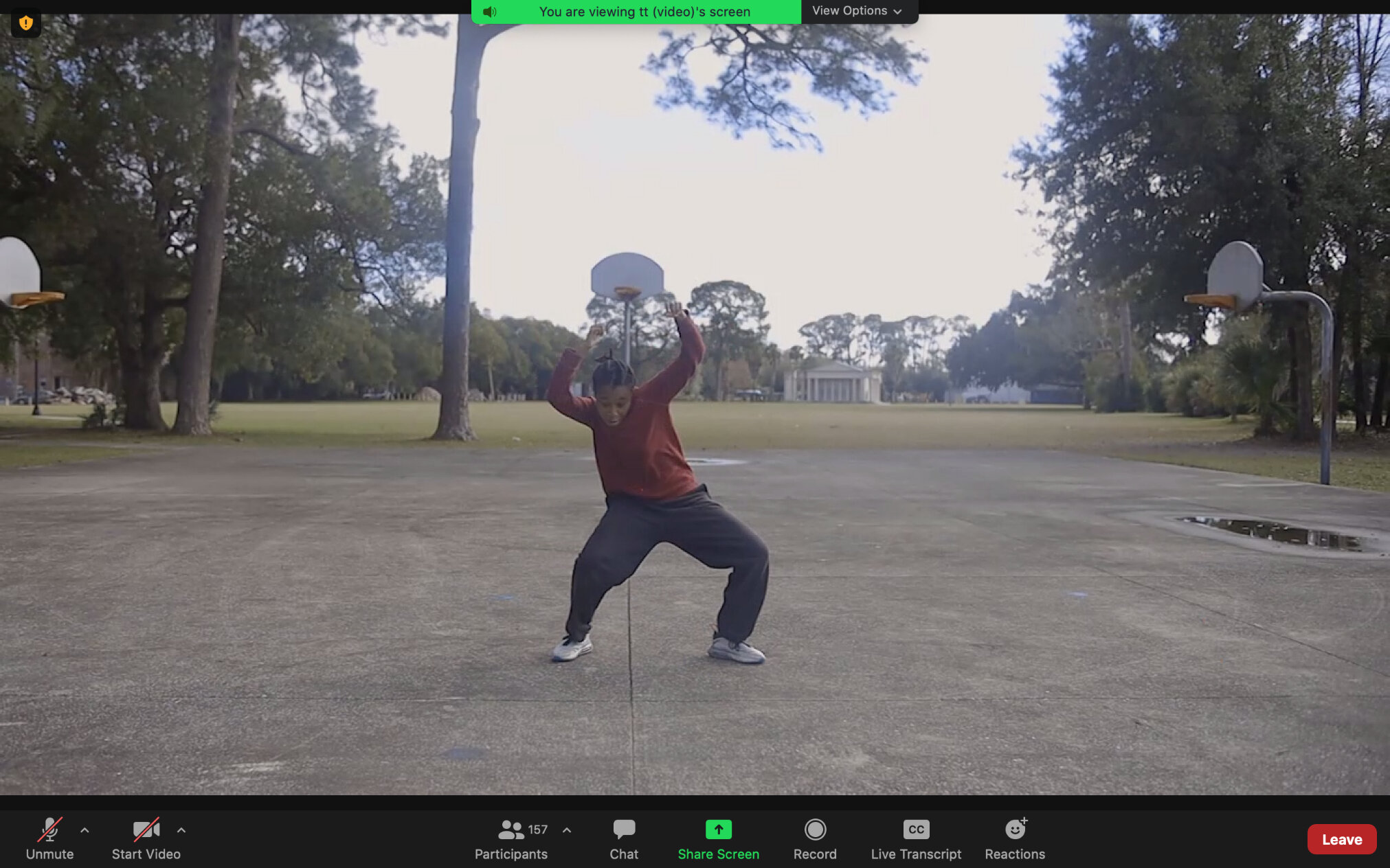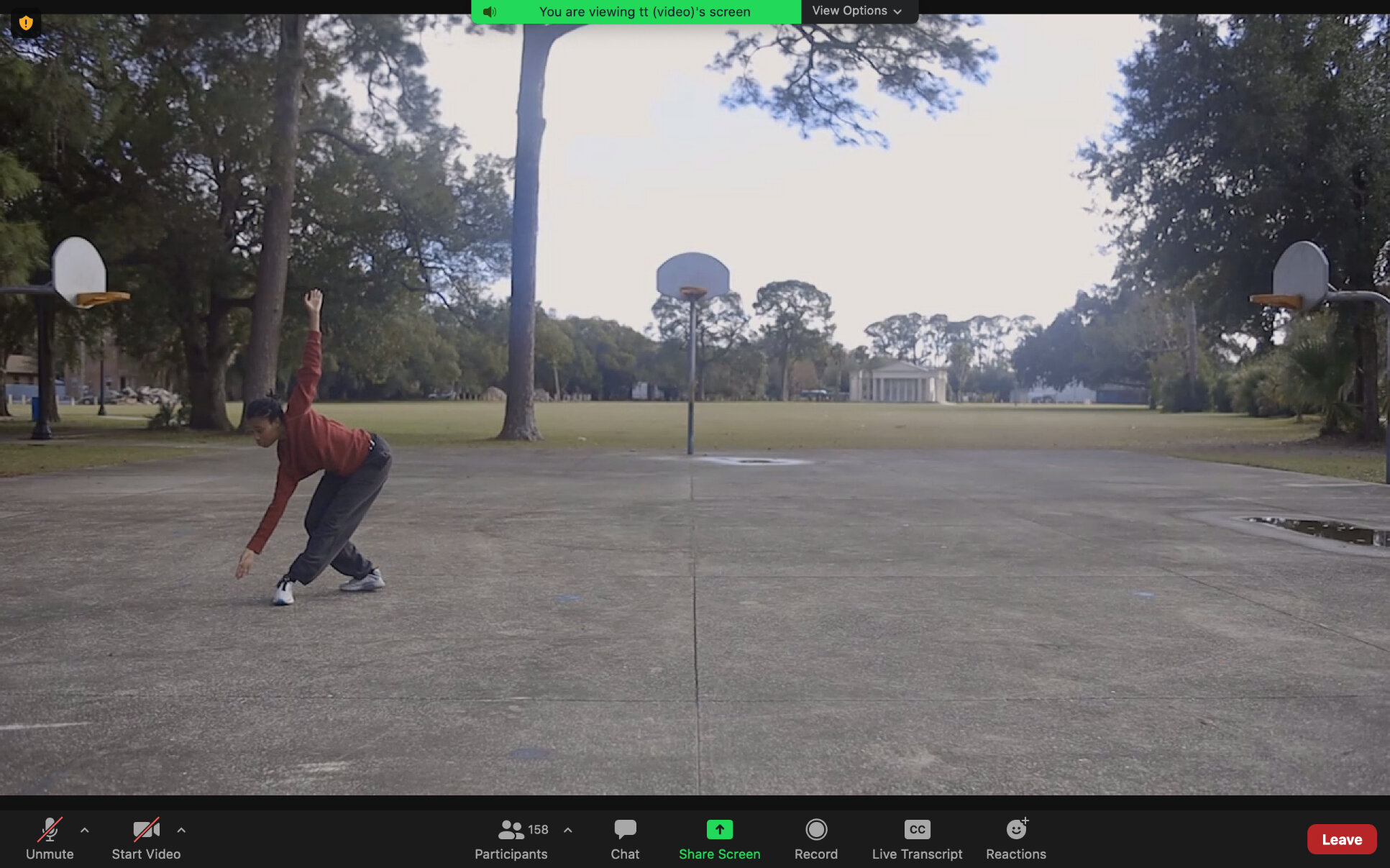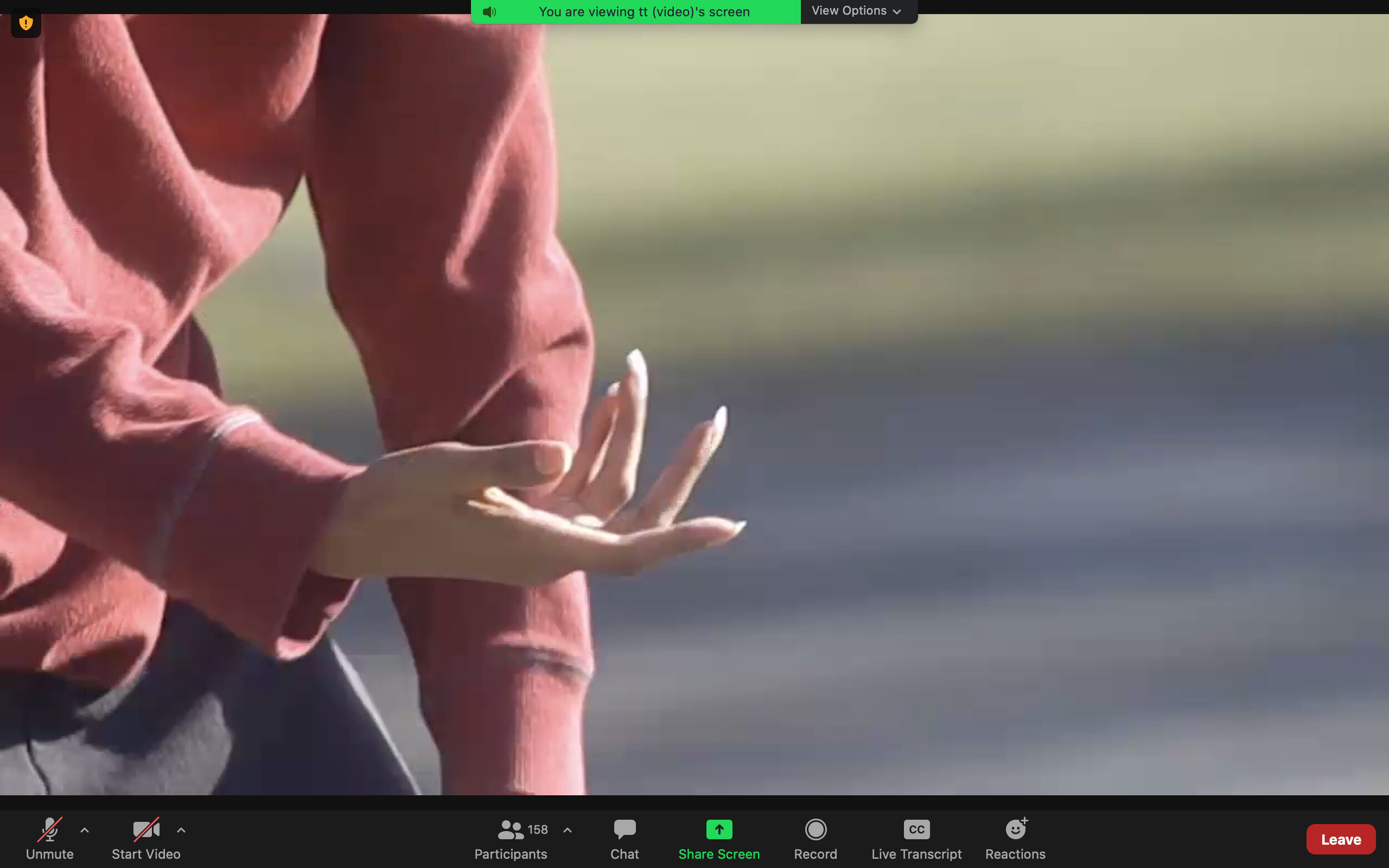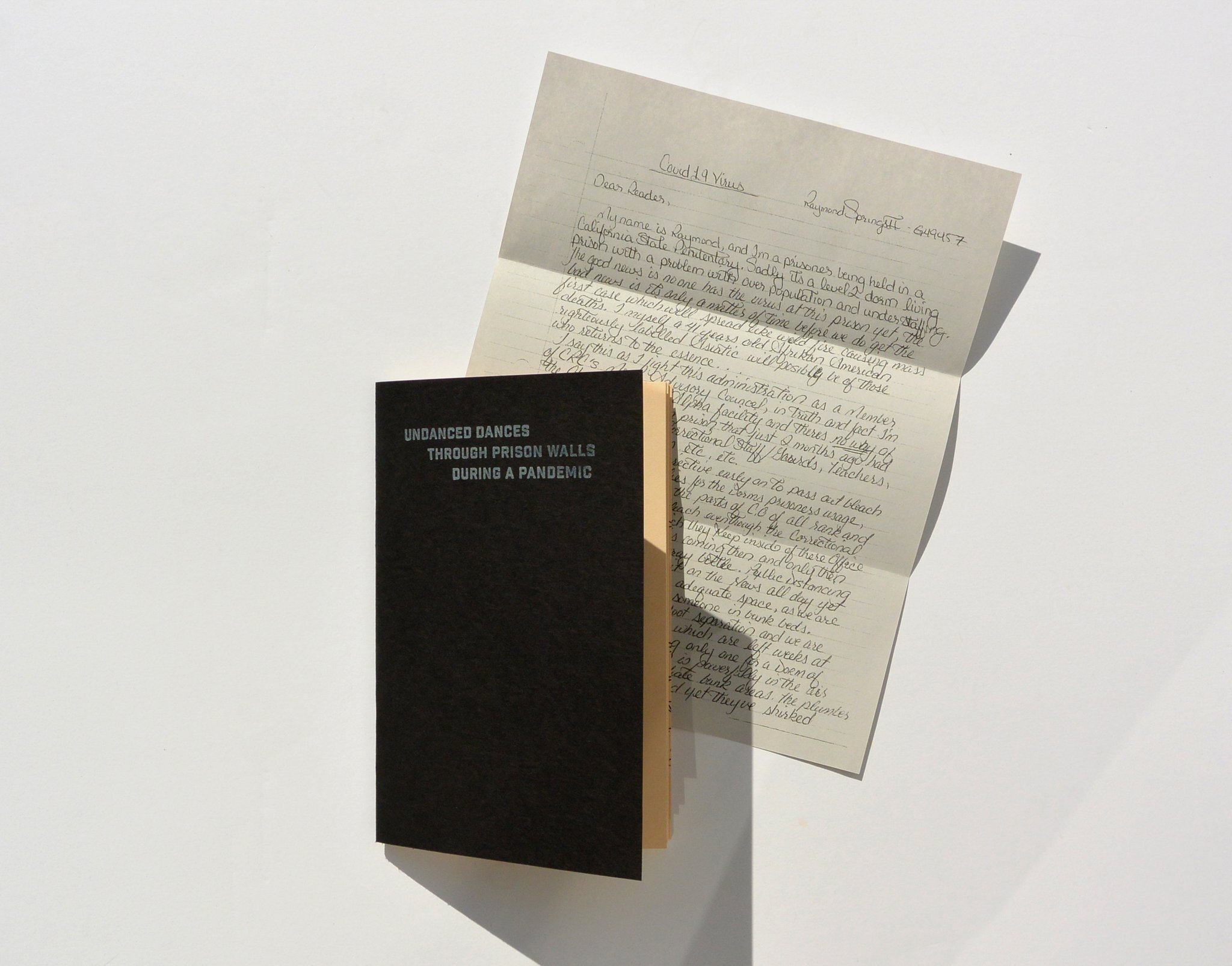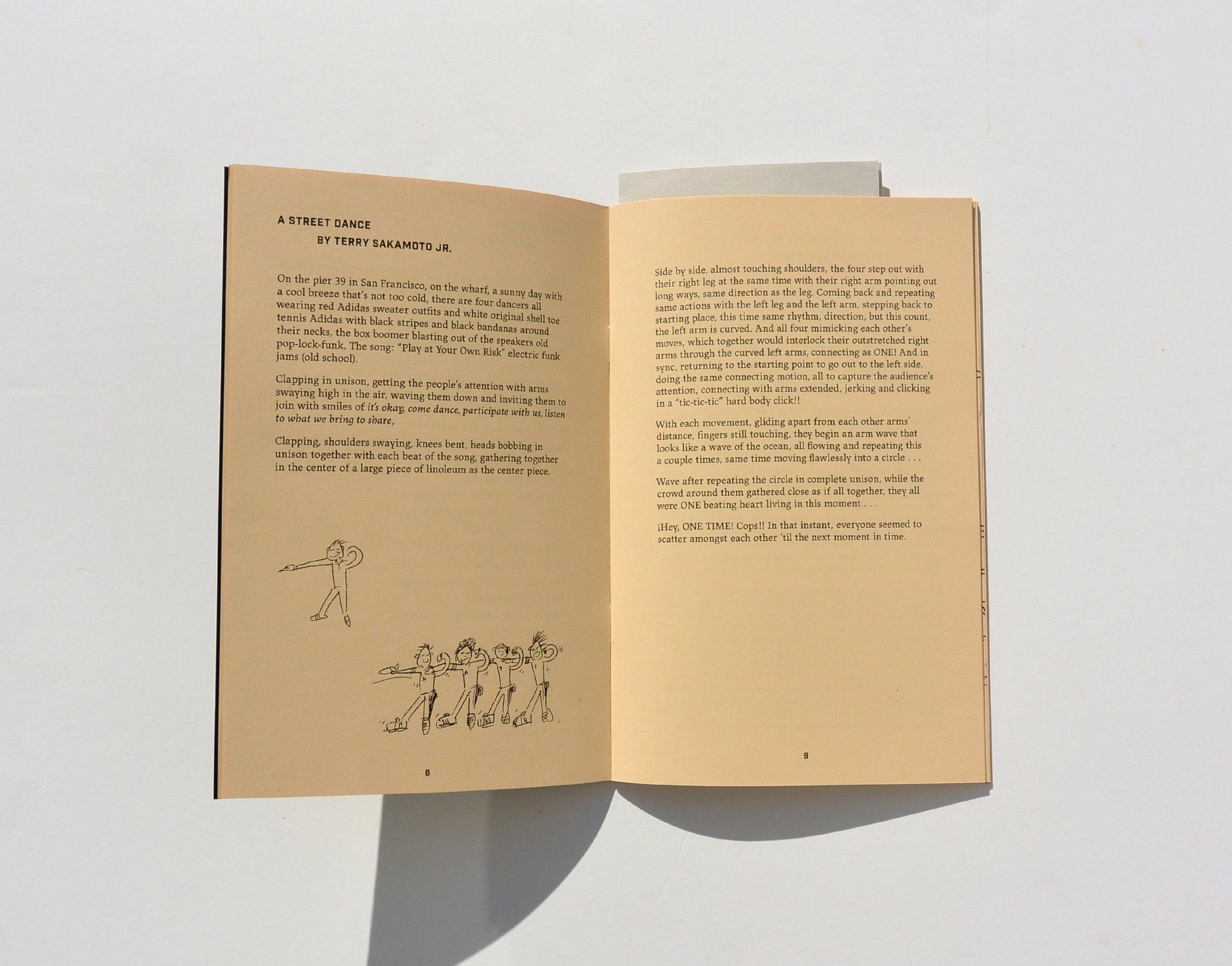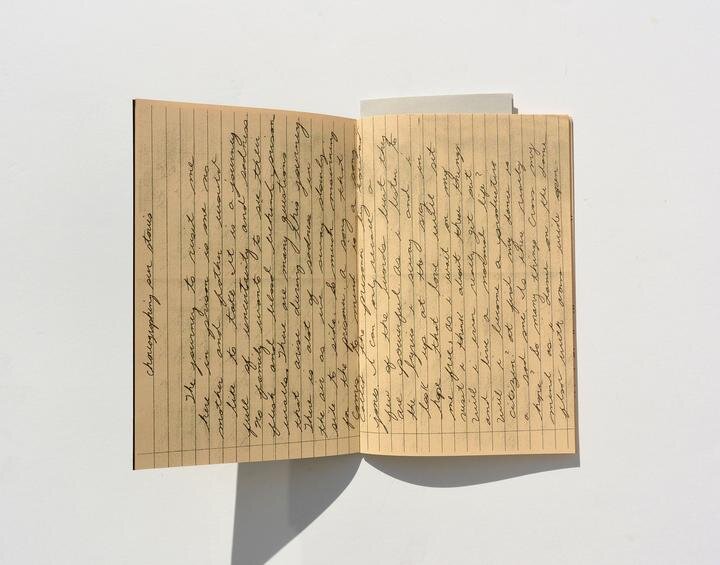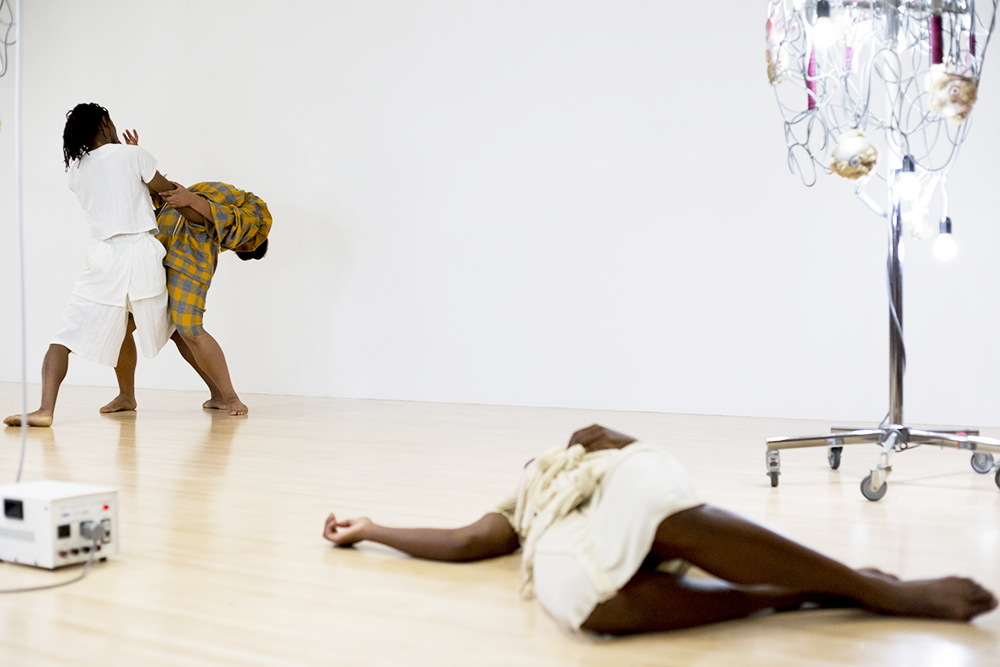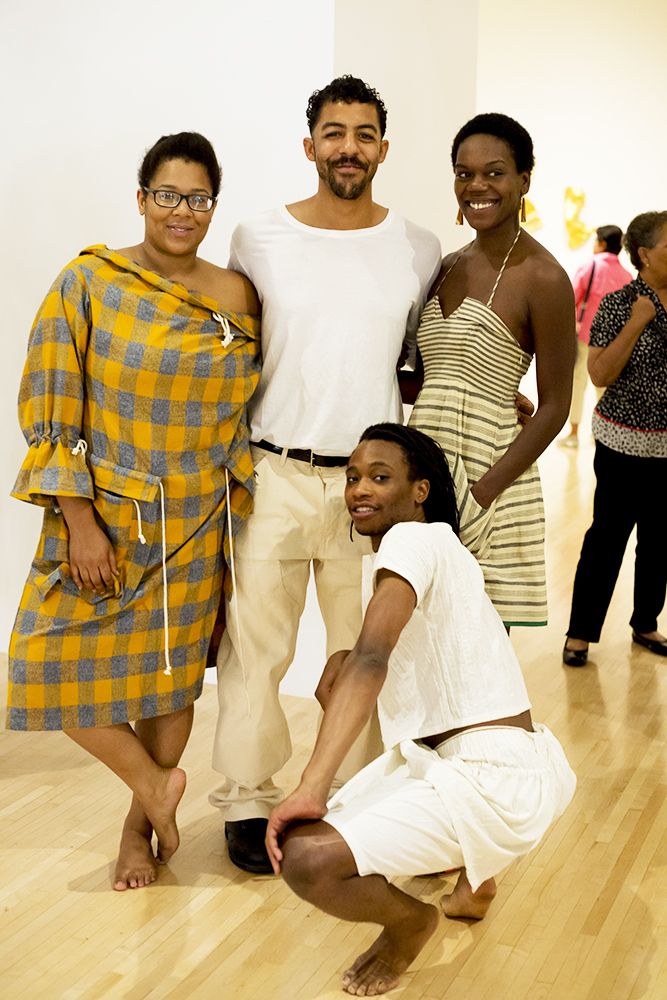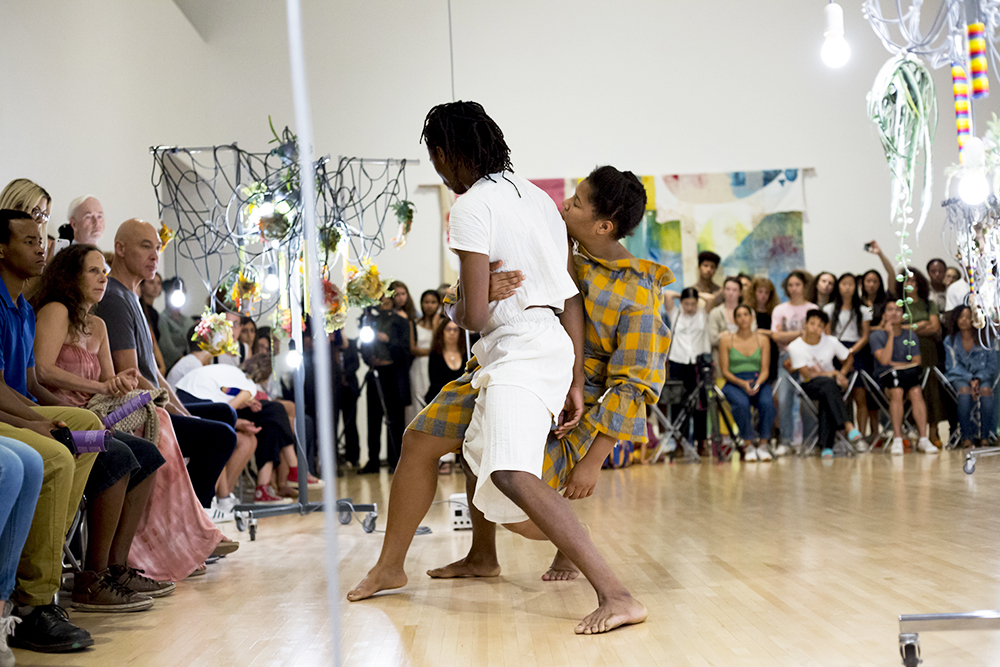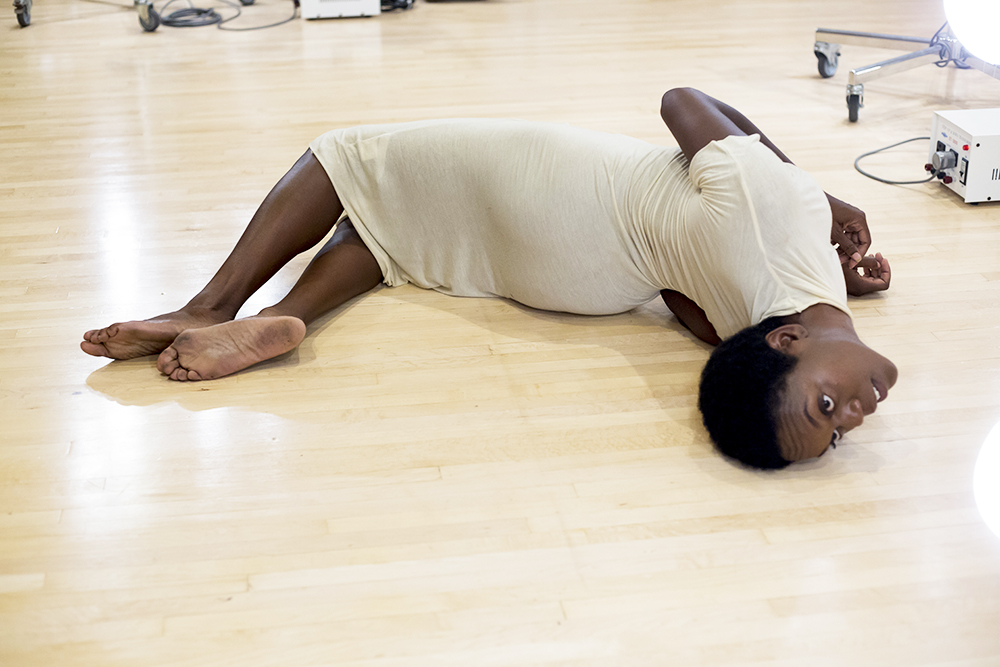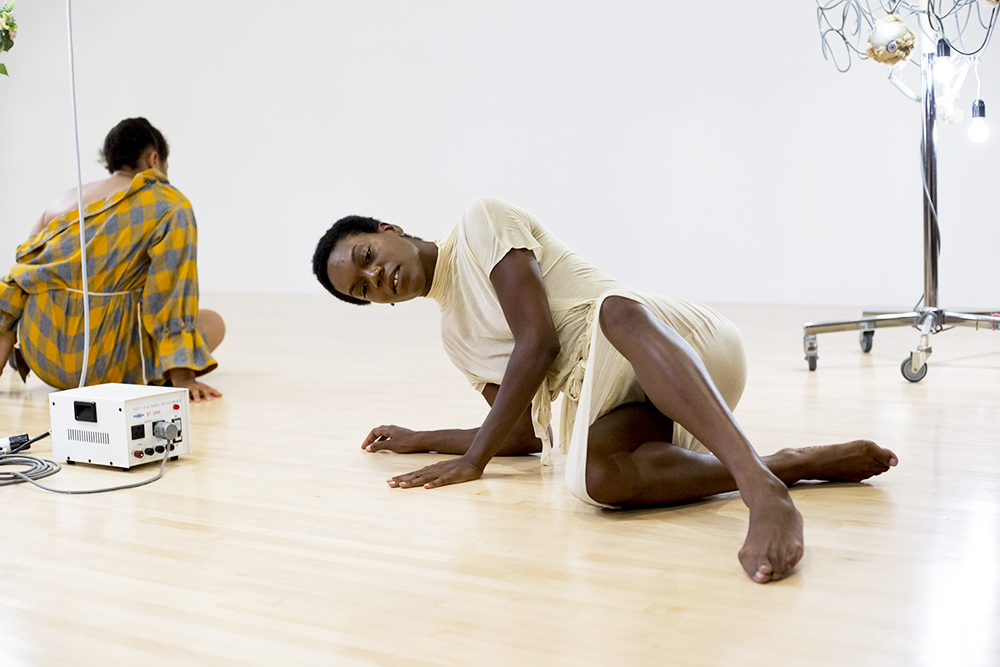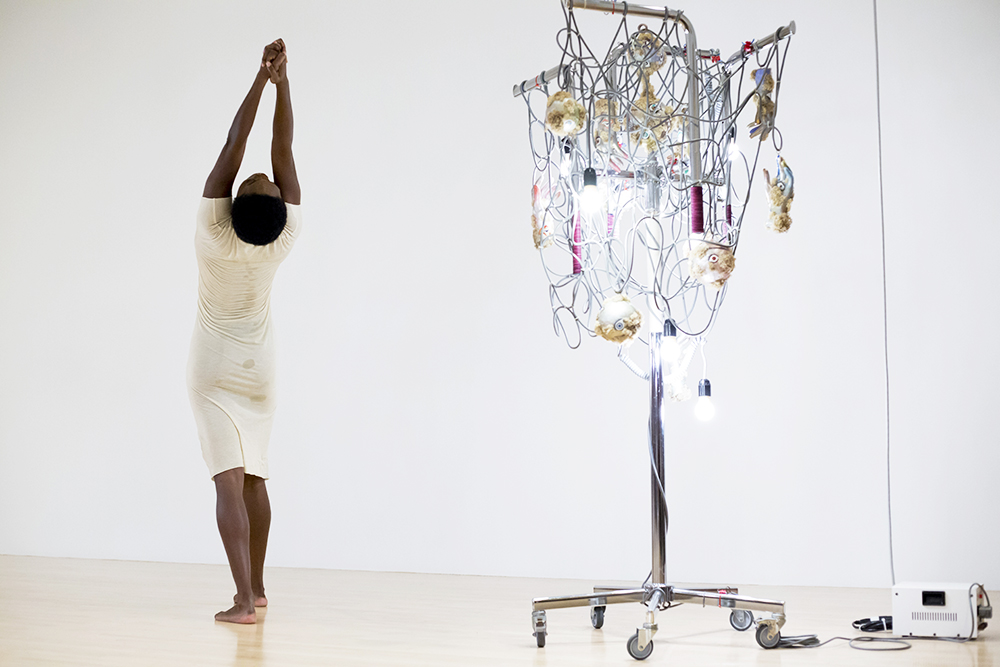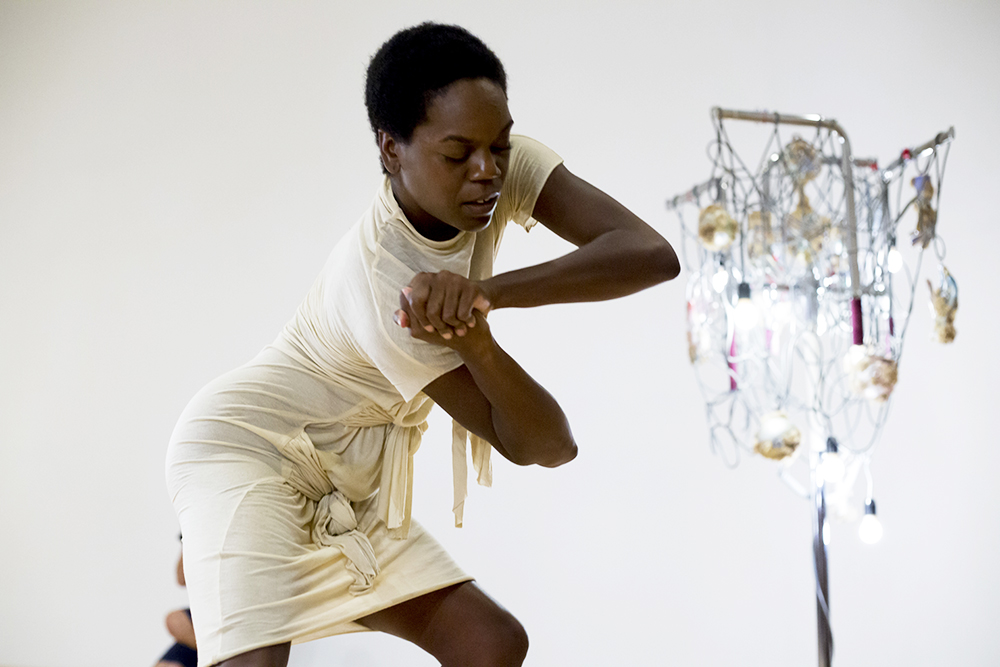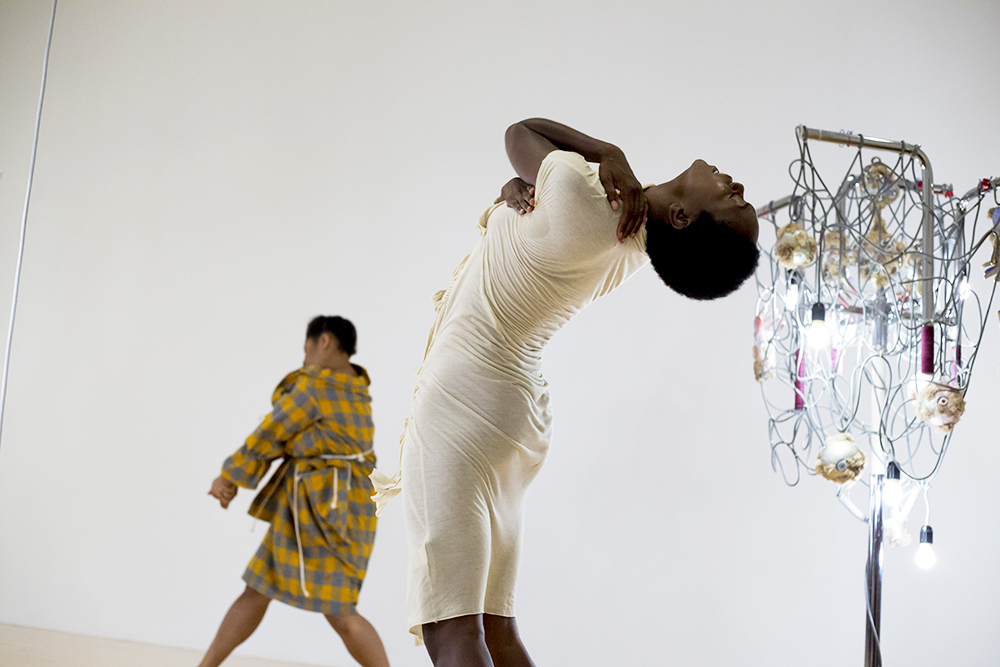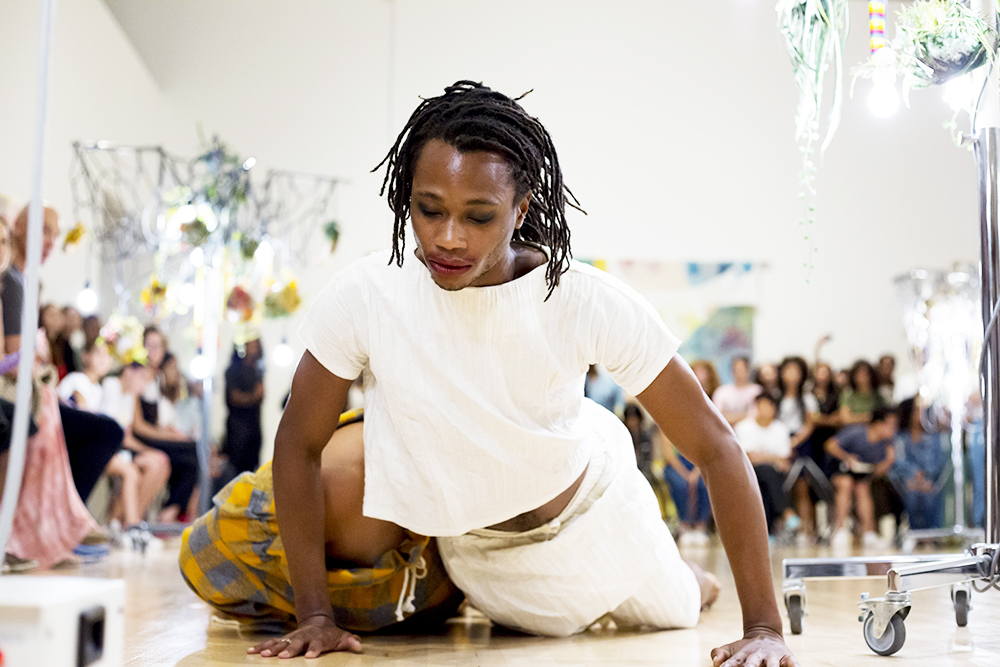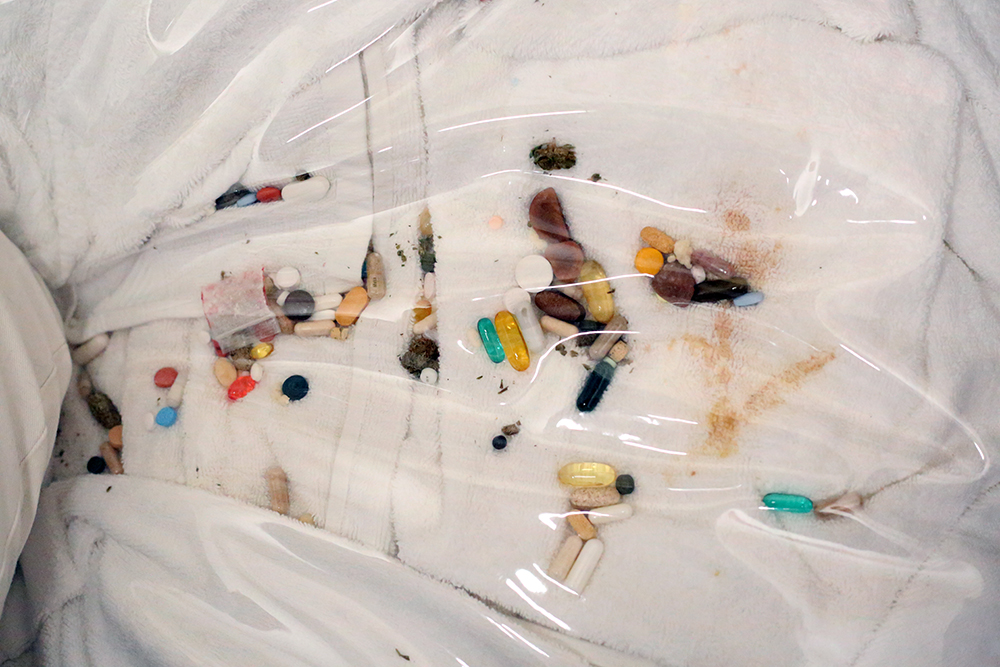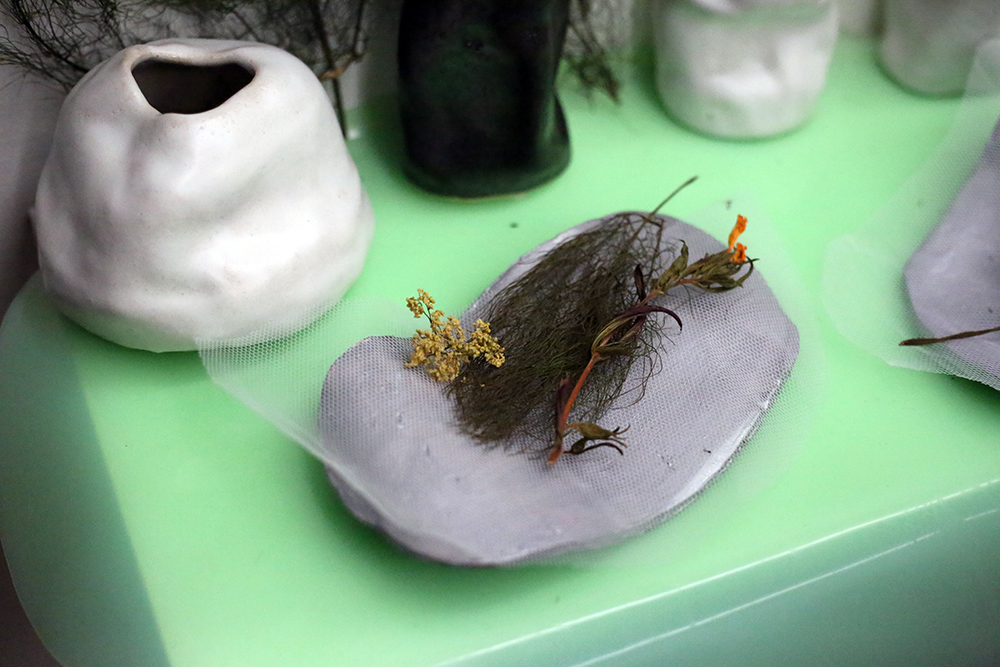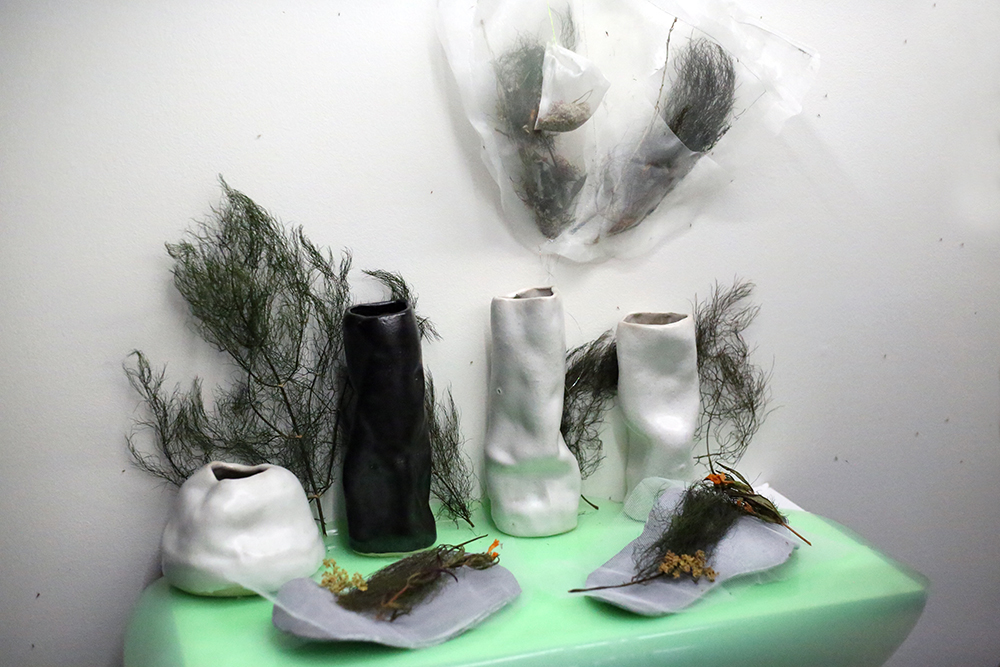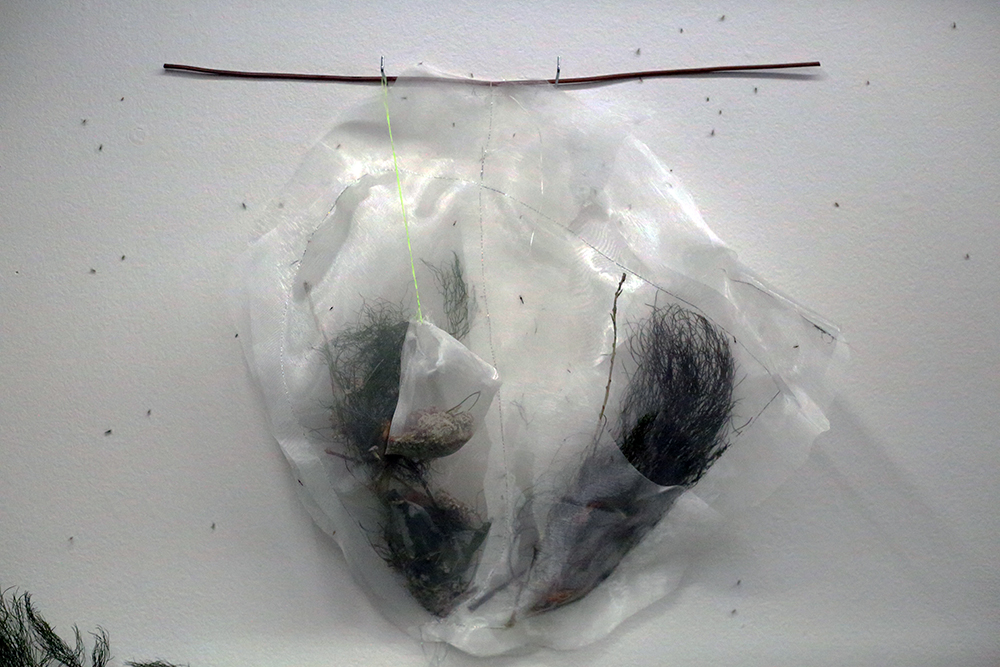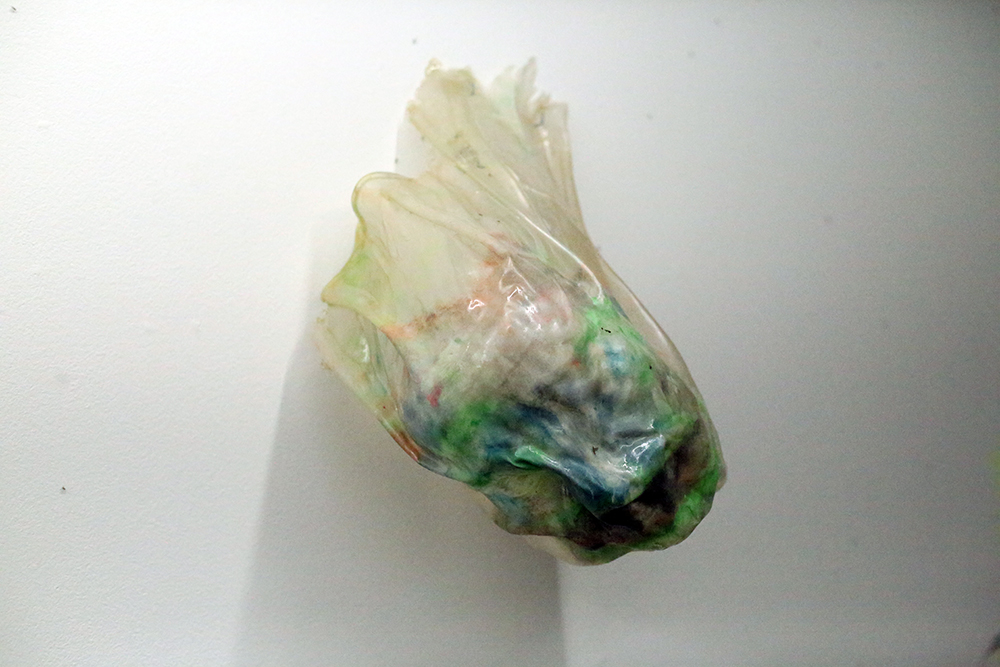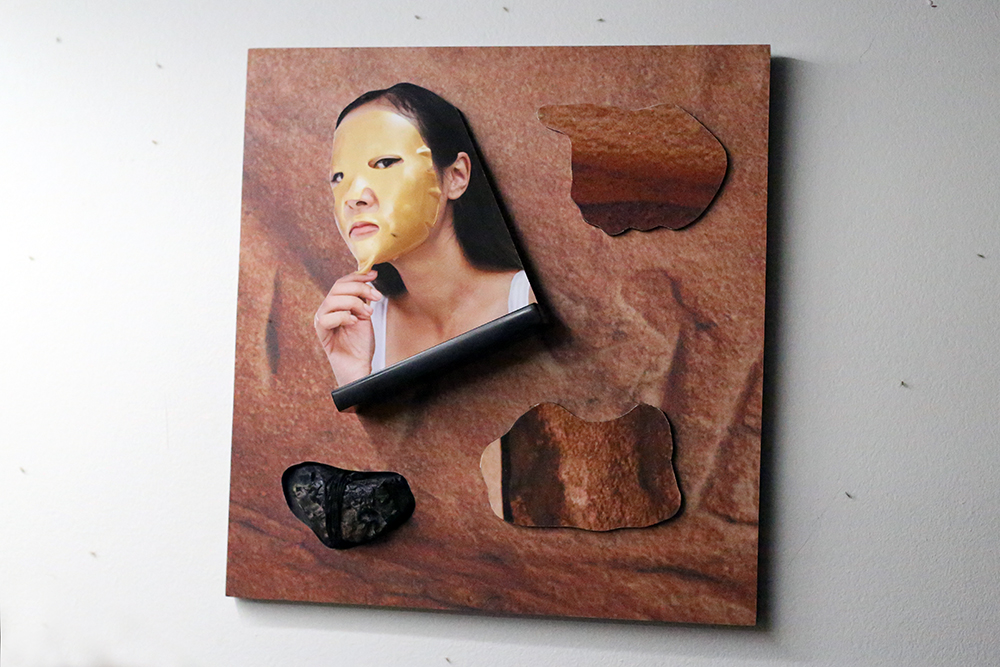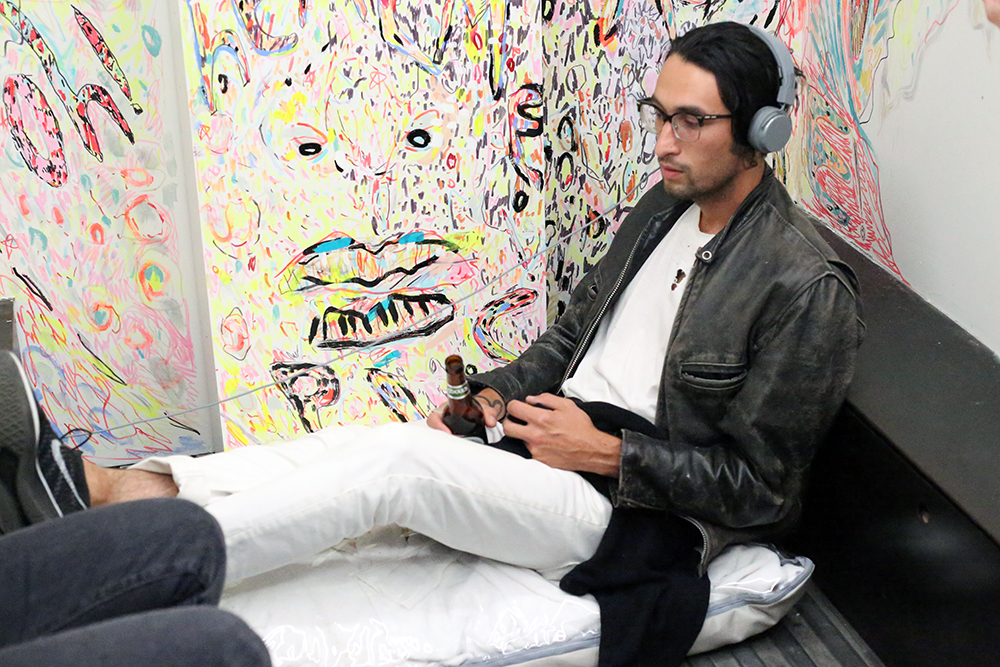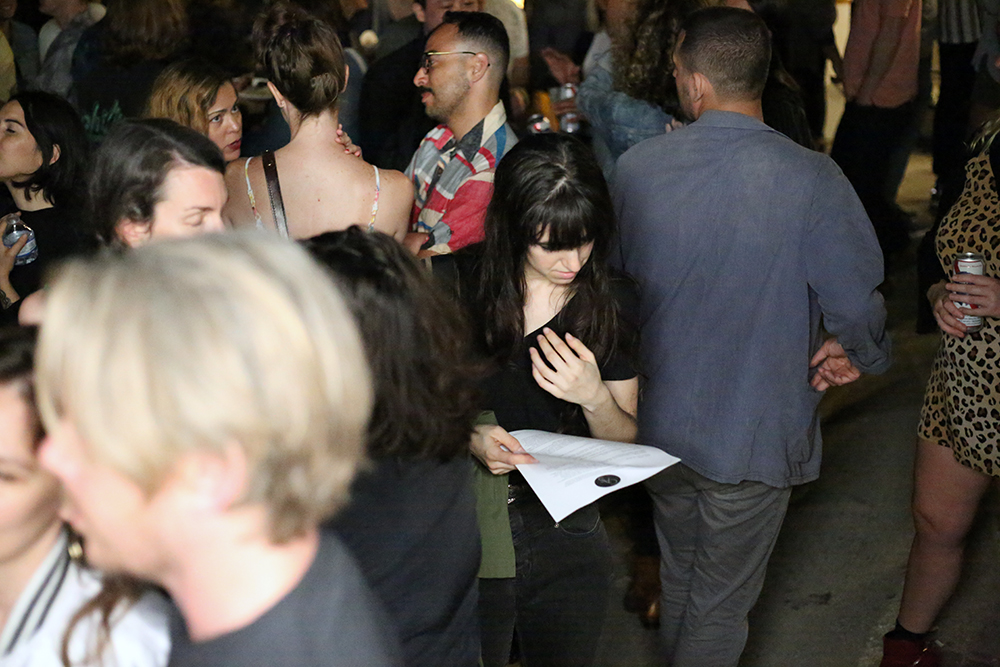Mufutau Yusuf, Impasse, image credit Luca Truffarelli:
Mufutau Yusuf is a Nigerian-born Irish choreographer, performer, teacher, and curator, living between Brussels and Ireland. Born in Lagos, he moved to rural Country Meath, outside of Dublin, Ireland, at age nine with his father and discovered contemporary dance at sixteen through the Dublin Youth Dance Company. Raised in a culture where movement and dance are integral to its heritage, Yusuf was drawn to the opportunities in Europe, where he saw the potential to cultivate a professional career in dance.
He later trained at the Salzburg Experimental Academy of Dance, and since graduating in 2016, has performed with leading companies such as Wim Vandekeybus/Ultima Vez in Belgium and Liz Roche Company, Irish Modern Dance Theatre, Emma Martin/United Fall, and Catherine Young Dance in Ireland. Currently, he is a choreographer-in-residence with Ireland’s National Dance Company, Luail.
Yusuf’s unique voice has earned him a respected place within contemporary dance ecology. His acclaimed piece Òwe—Yoruba for “proverb”—premiered at the Irish Arts Center in 2022. Combining personal and archival materials with immersive visuals, soundscapes, and a blend of traditional and contemporary movement, it is an investigation of identity, particularly of Yusef’s Nigerian roots.
Sound design is integral to Yusuf’s choreography. In Pidgin, a work that navigates the intersection of language and cultural fusion, he juxtaposes recordings from Nigerian markets with those from Cork’s Moore Street Market, Dublin.
His recent piece, Impasse, commissioned by Arts Council Ireland, features a soundscape by composer Mick Donohoe, layering abstract sounds, tearing noises, and Bach-inspired compositions. Motivated by Yusuf’s interest in racial and political identity—particularly as it relates to the Black body in contemporary Western contexts—Impasse is a compelling exploration of ethnicity, identity and the experience of the Black diaspora. Delving into questions of representation, misrepresentation, and invisibility Yusef uses the piece to; “further understand my relationship with my Black body and its experiences within a contemporary Western society. This raised questions on the notion of representation, misrepresentation, and lack thereof.”
Mufutau Yusuf, Impasse, image credit Patricio Cassinoni
Performed as a duet with the Congolese dancer, Lukah Katangila, Yusuf delves into the role of memory in the construction of identity. Drawing on both his own experiences and those of his collaborator as migrants, he examines themes of assimilation, diversity, and representation, using dance as a medium to explore the complexities of belonging and selfhood. In a 2022 interview with The New York Times he explained “As migrants, you always improvise, attuning yourself to your surroundings, and that comes across in my work.”
Originally premiered at the Dublin Dance Festival 2024, Impasse has since toured across the UK, including a standout appearance at the 2024 Edinburgh Fringe, where it earned a five-star review from The Guardian as "a piece of magical stagecraft" marking Yusuf as "a choreographer to watch." Before its London premiere at Sadler’s Wells Lilian Baylis Studio on Thursday the 14th and Friday the 15th of November, Yusuf will present Impasse at the Festival Afropolis, QDance Centre in Lagos.
Mufutau Yusuf, Impasse, image credit Patricio Cassinoni
About Impasse
Creative Team:
Mufutau Yusuf (Junior) – Choreographer / Performer / Set Designer
Lukah Katangila – Performer
Tom Lane – Sound Design & Composer
Mick Donohoe – Composer
Matt Burke – Light Designer
Alison Brown – Costume Design
Maryam Yussuf – Prop Design
Ikenna Anyabuike – Text / Spoken Word
Rima Baransi - Rehearsal Assistant
Lisa Mahony – Production Manager
Lisa Krugel – Stage Manager / Set Assistant
Mufutau Yusuf, Impasse, image credit Luca Truffarelli:

